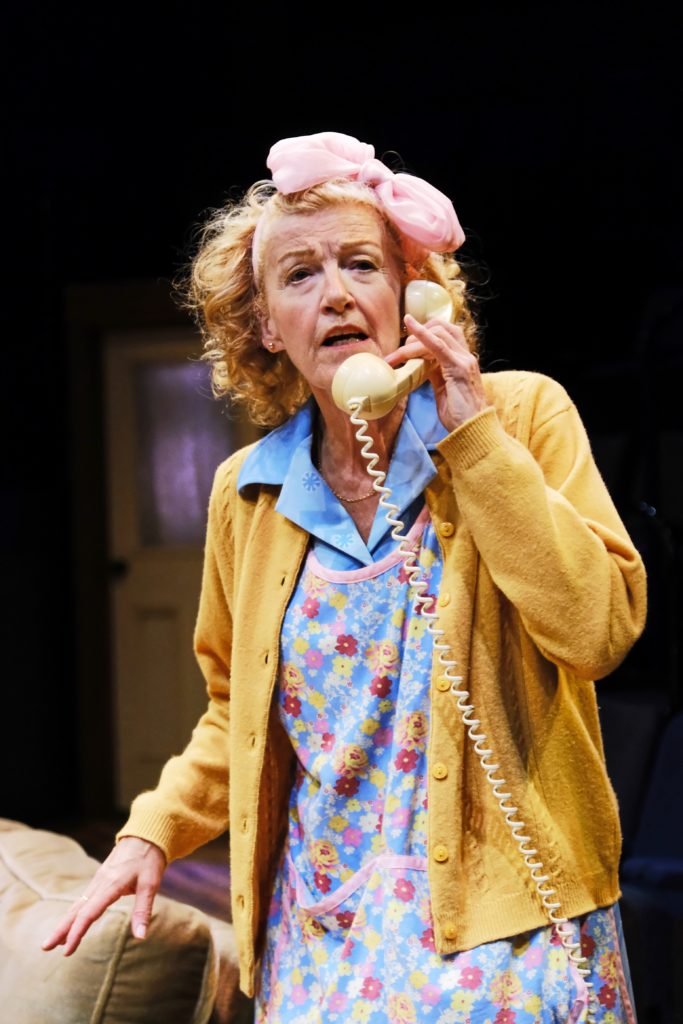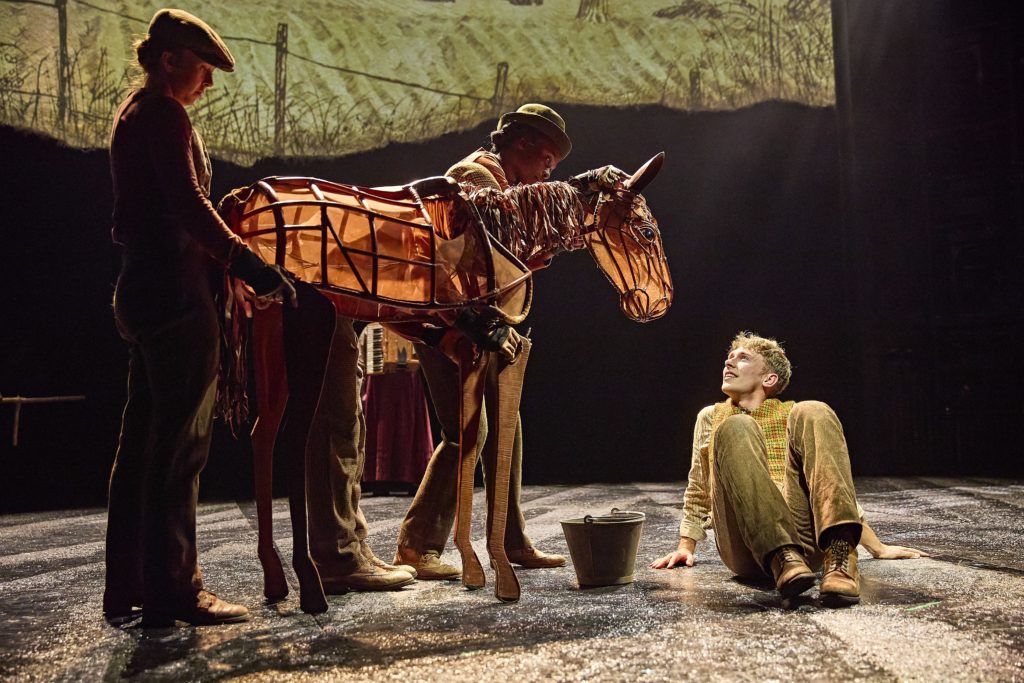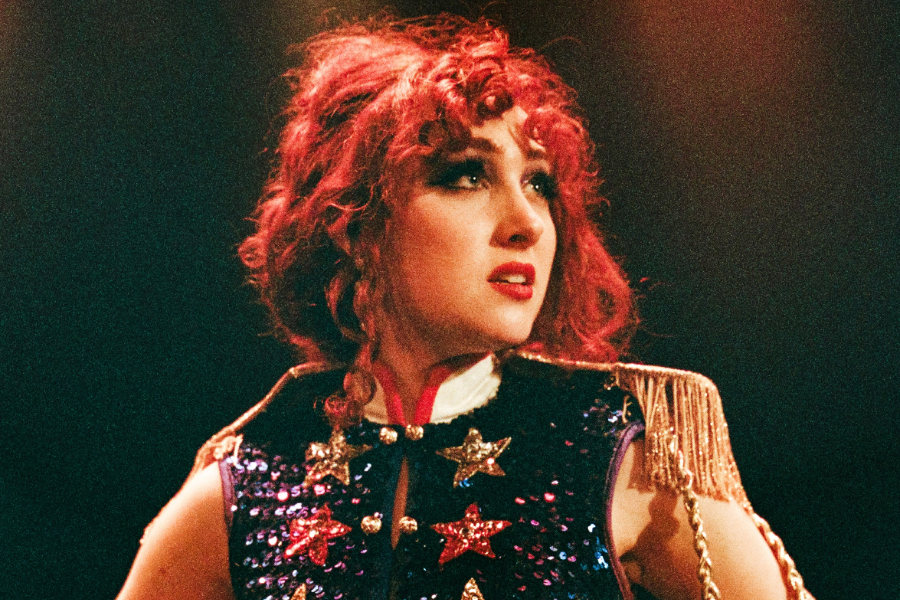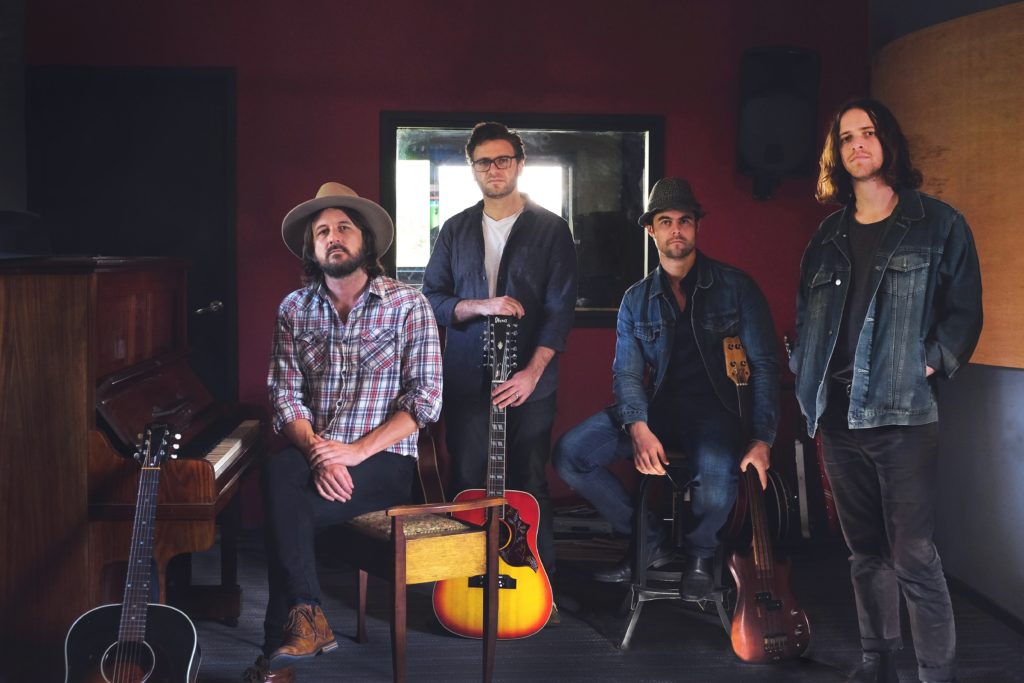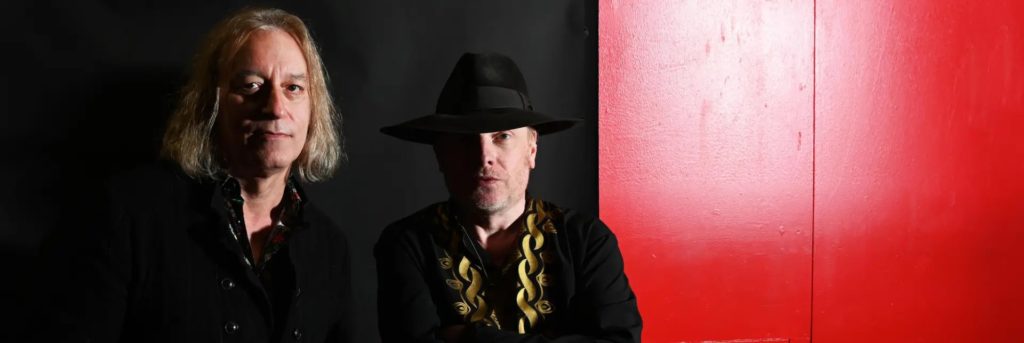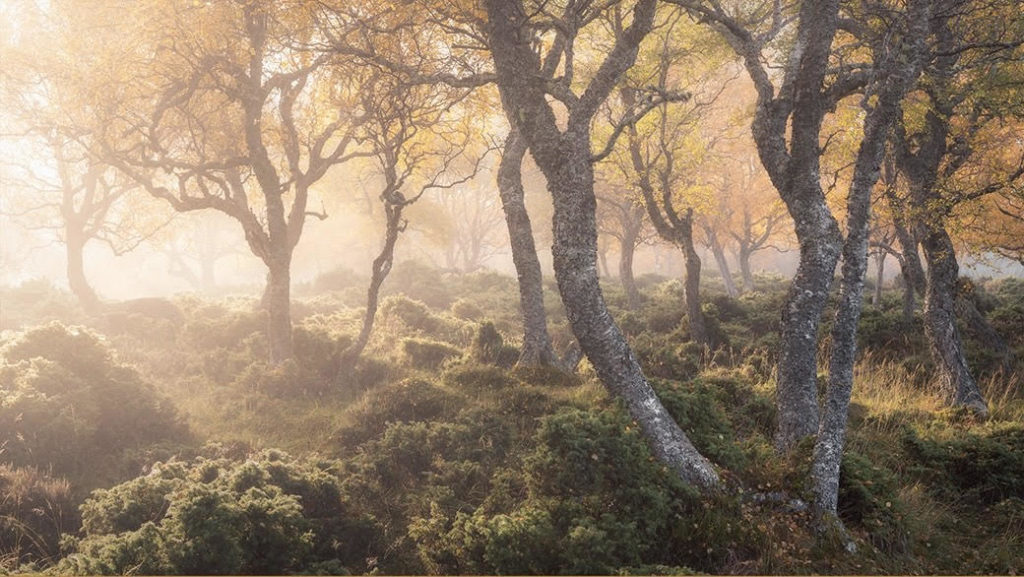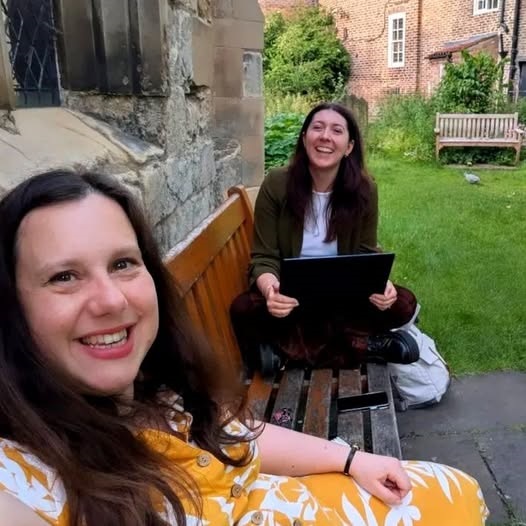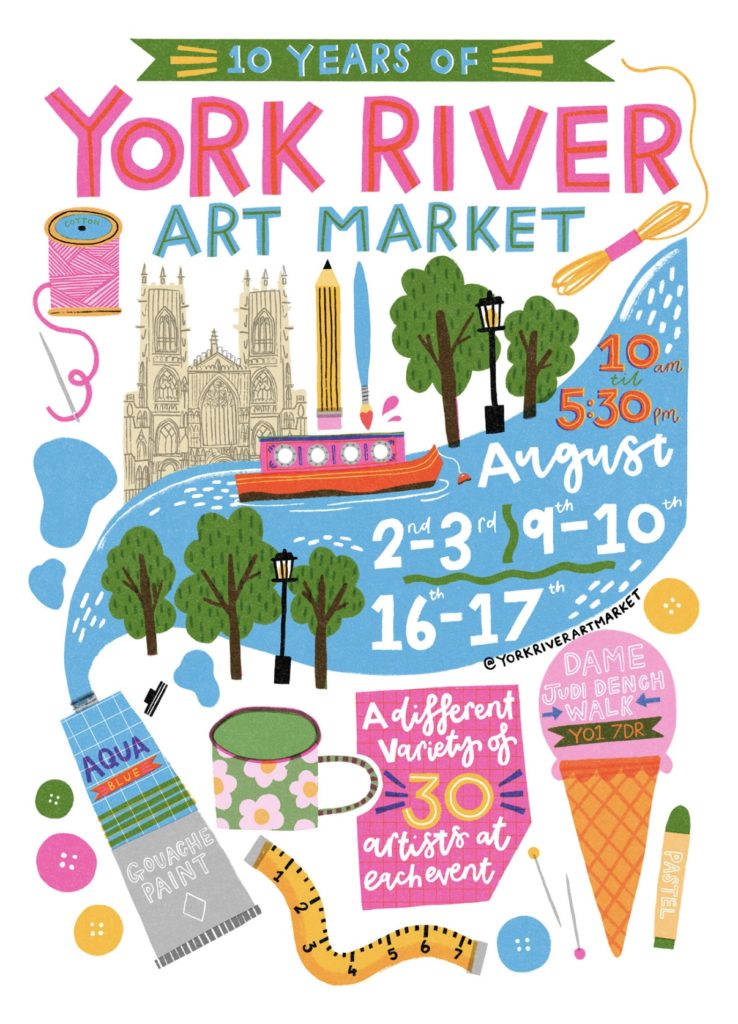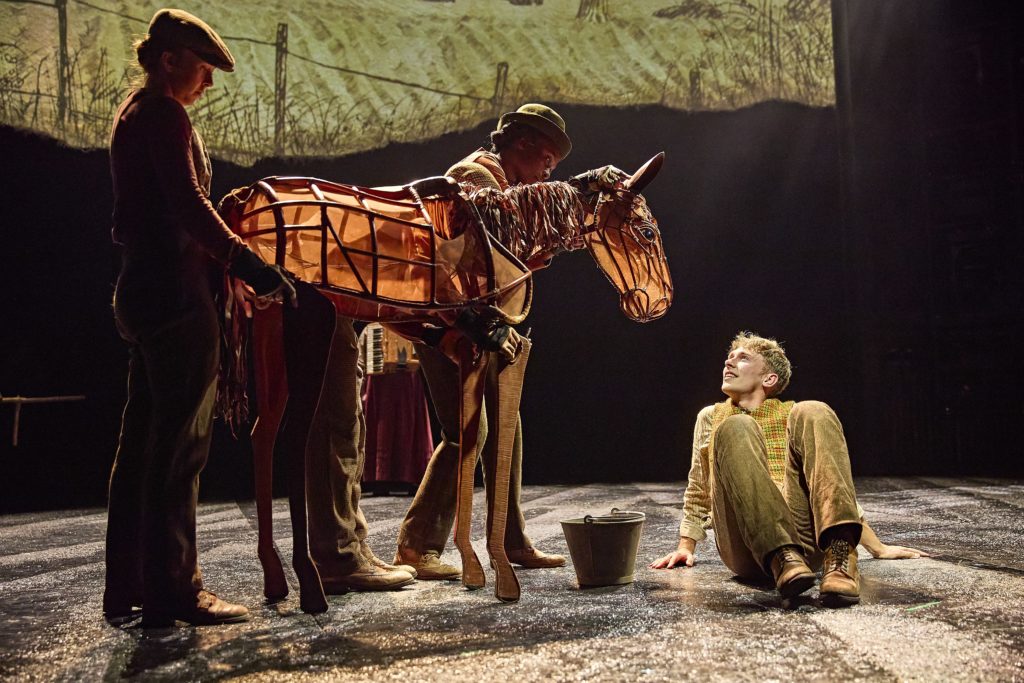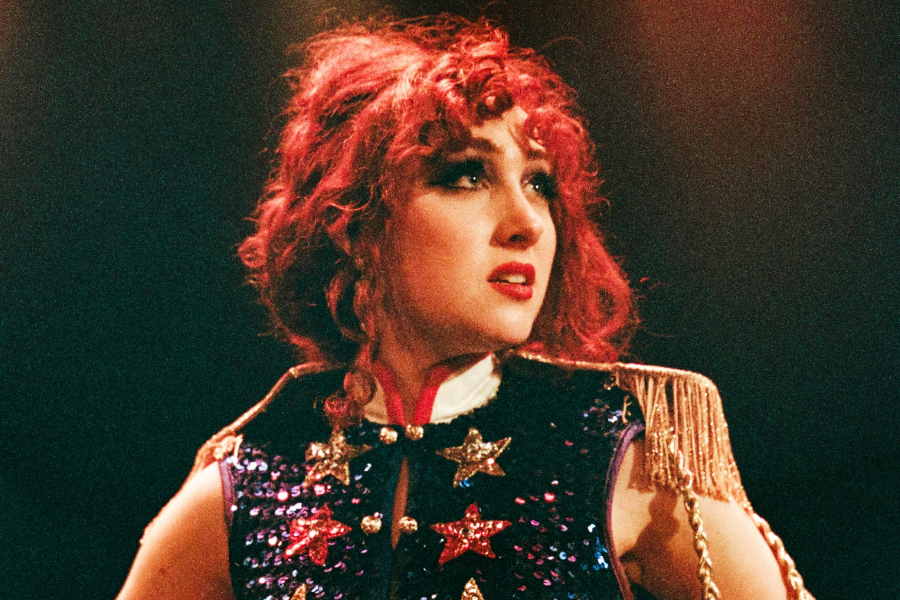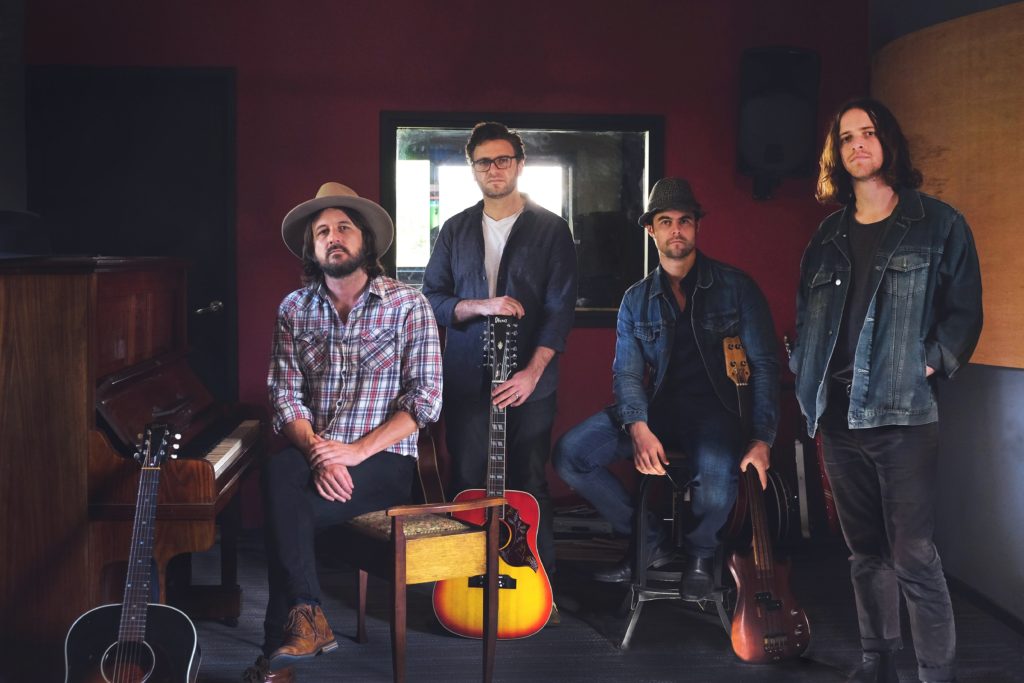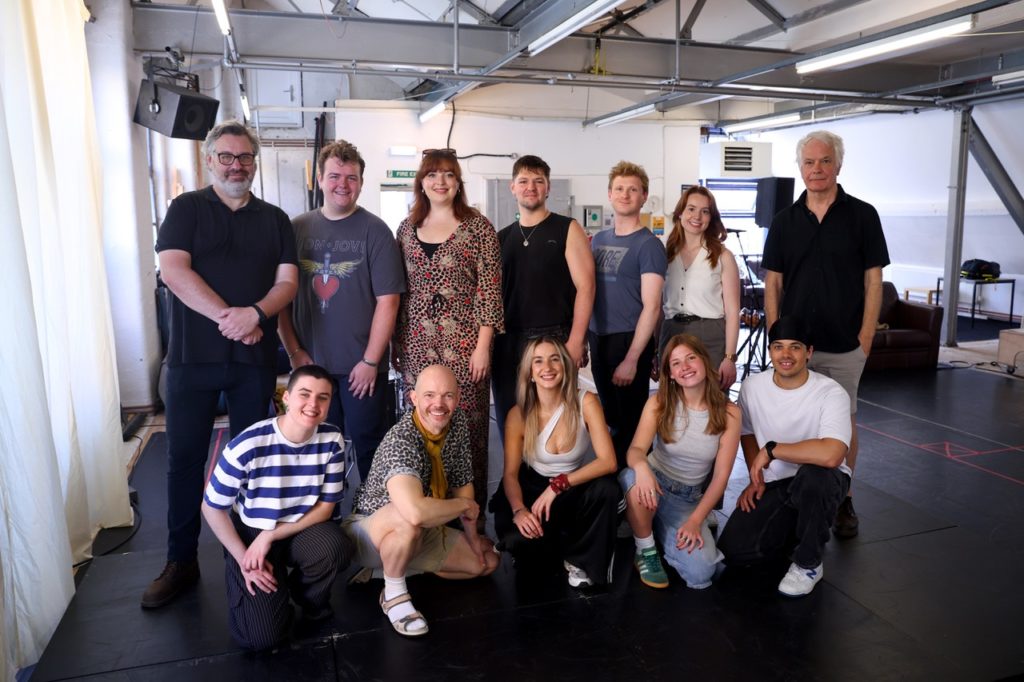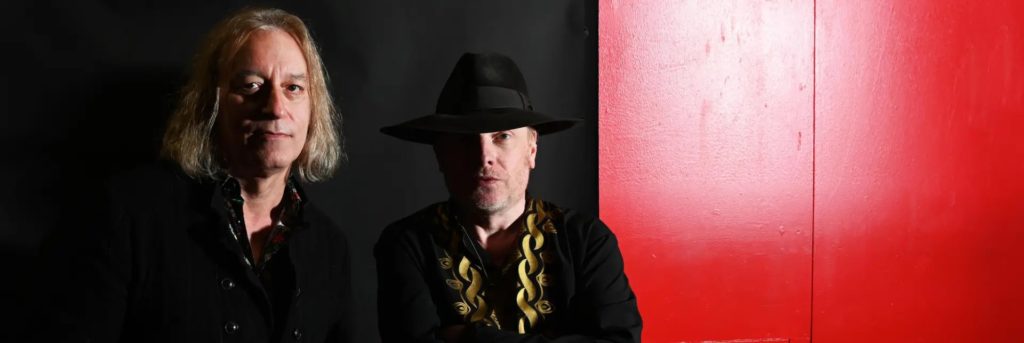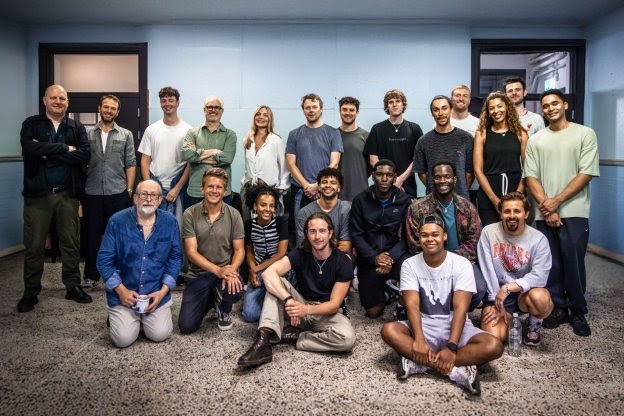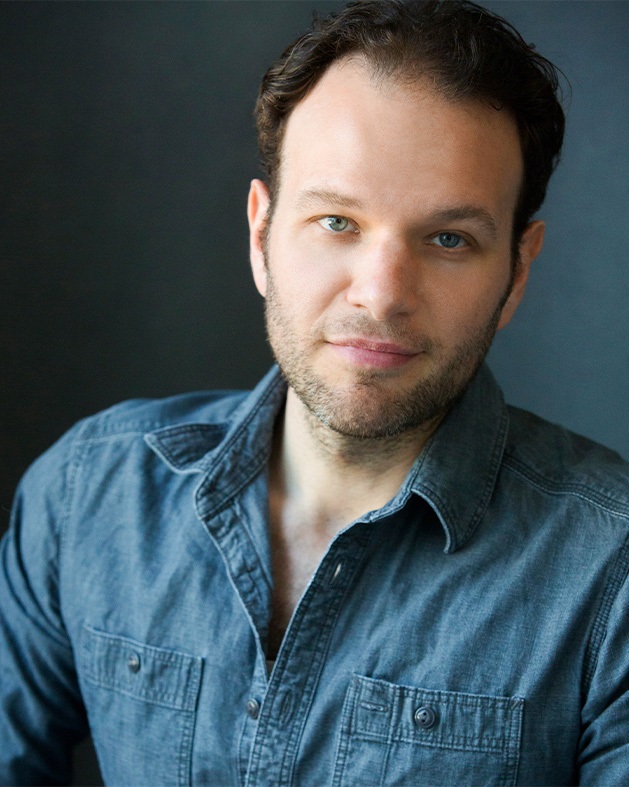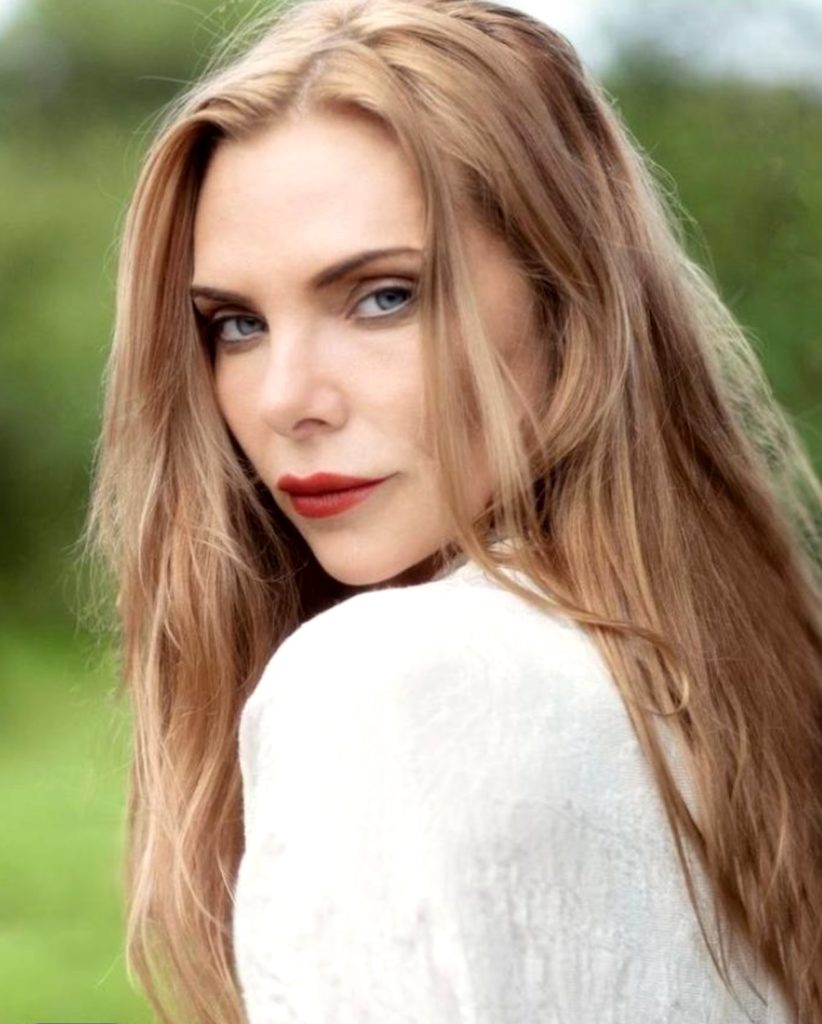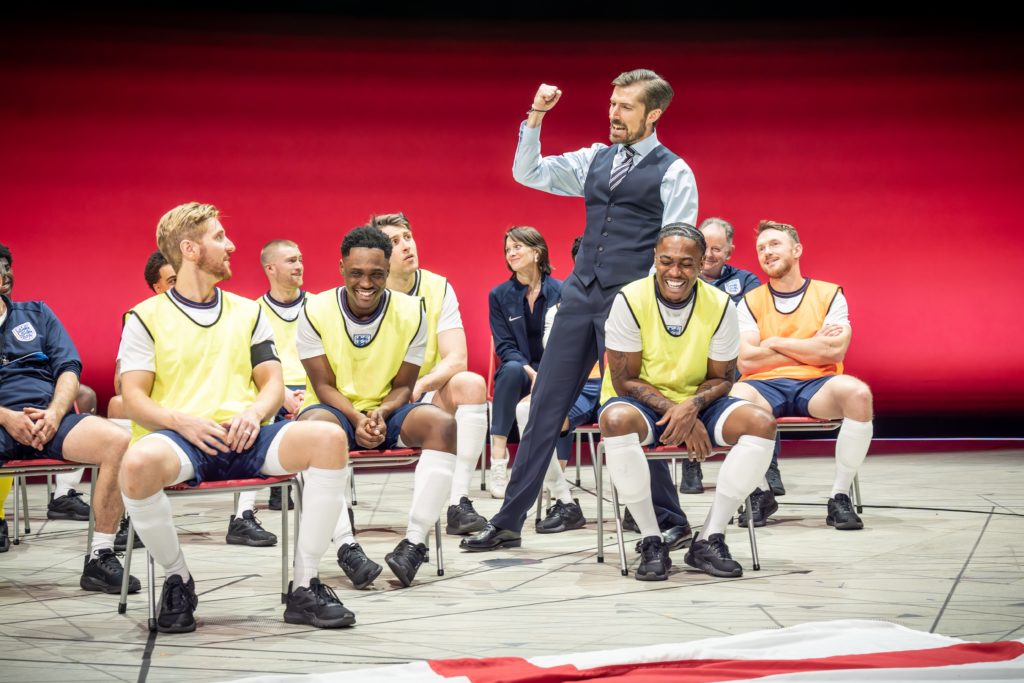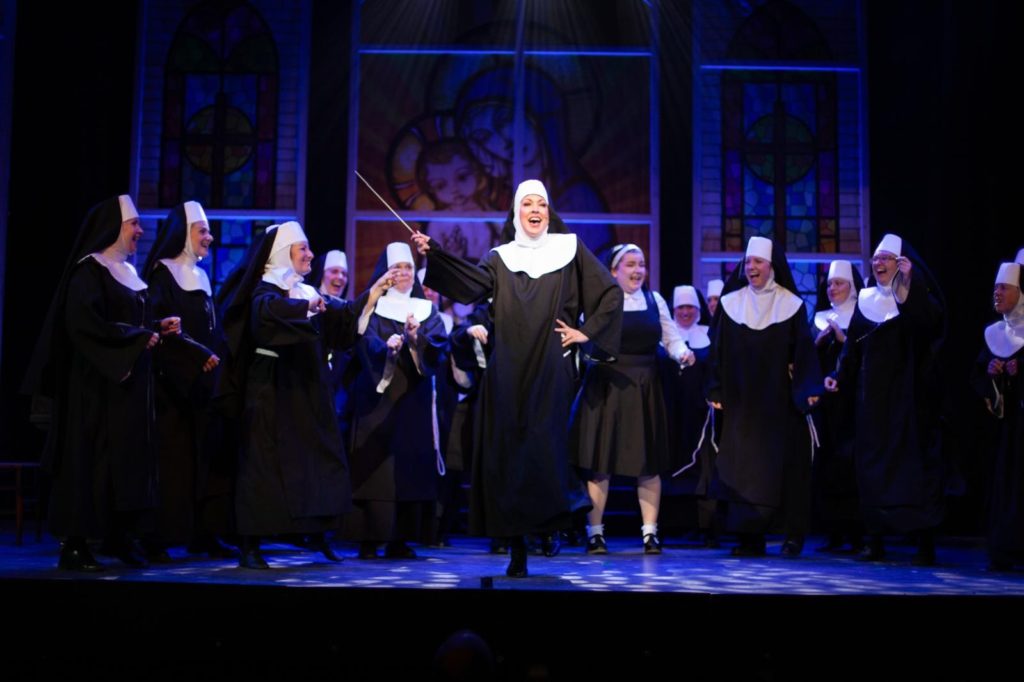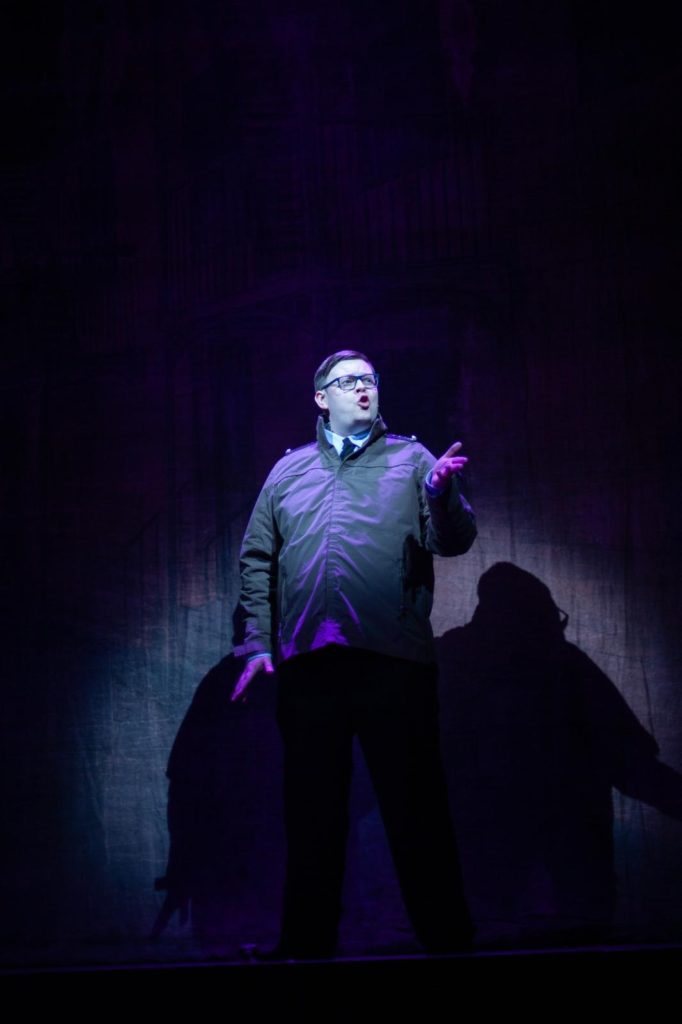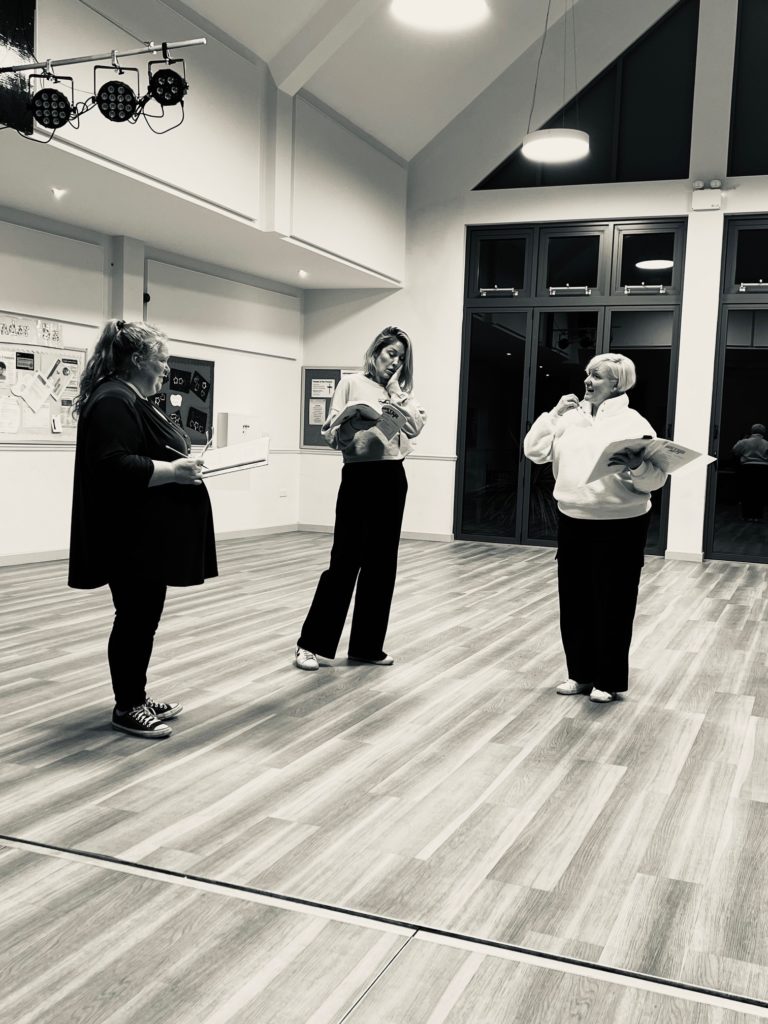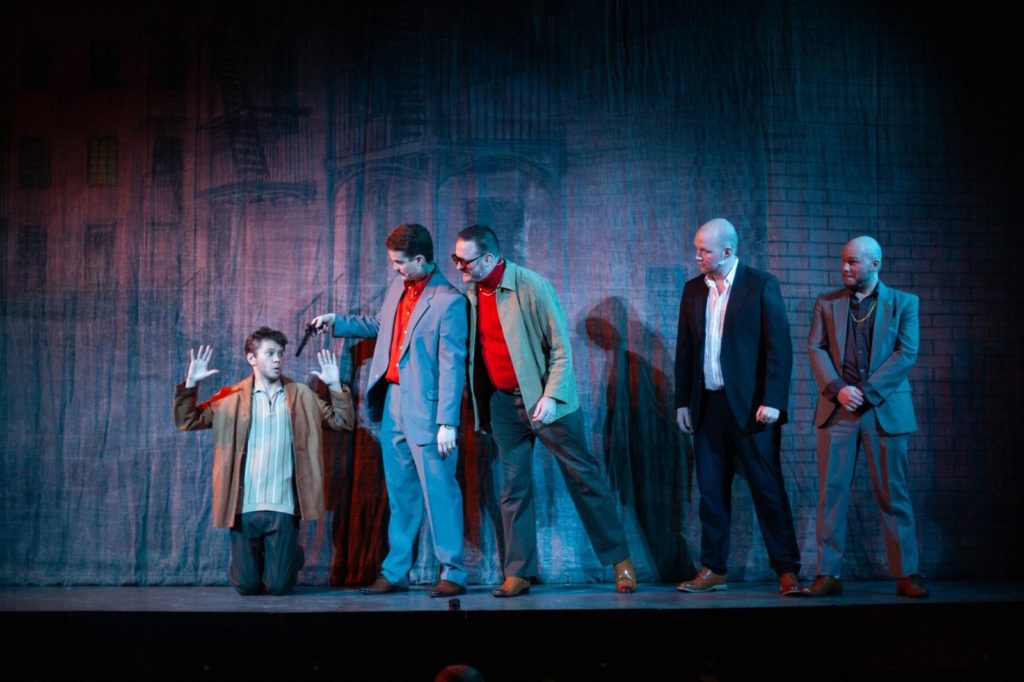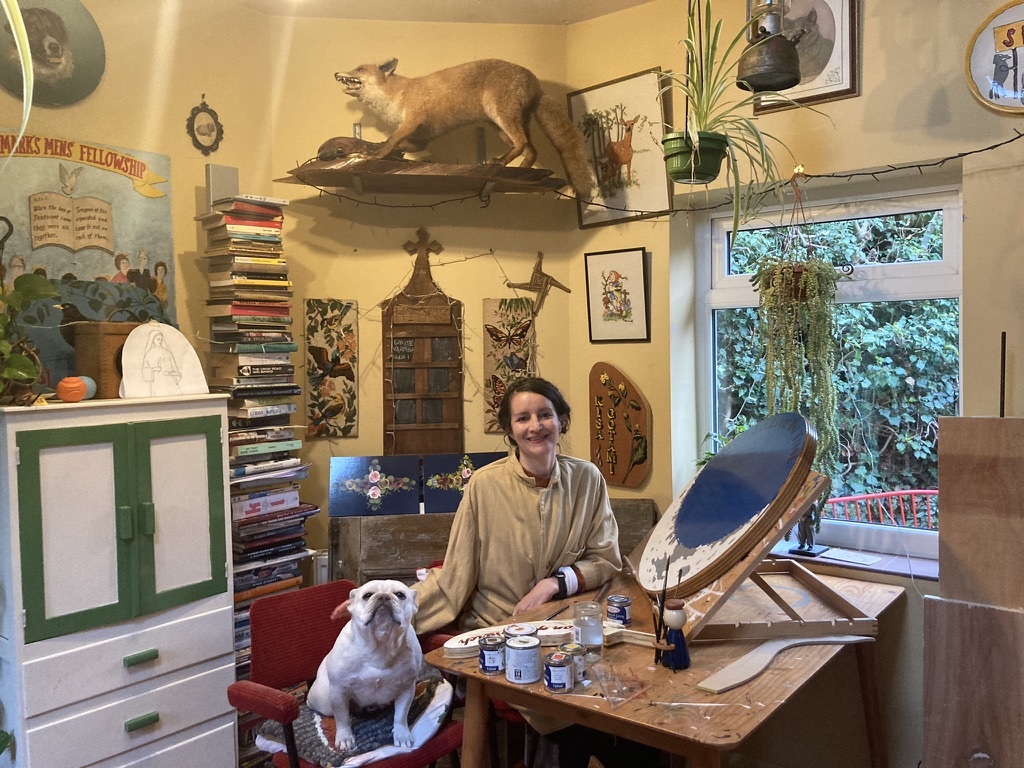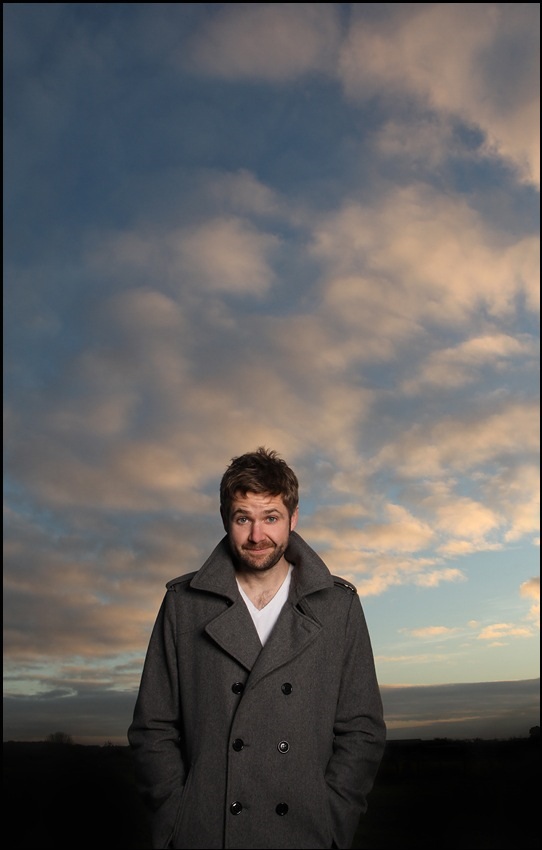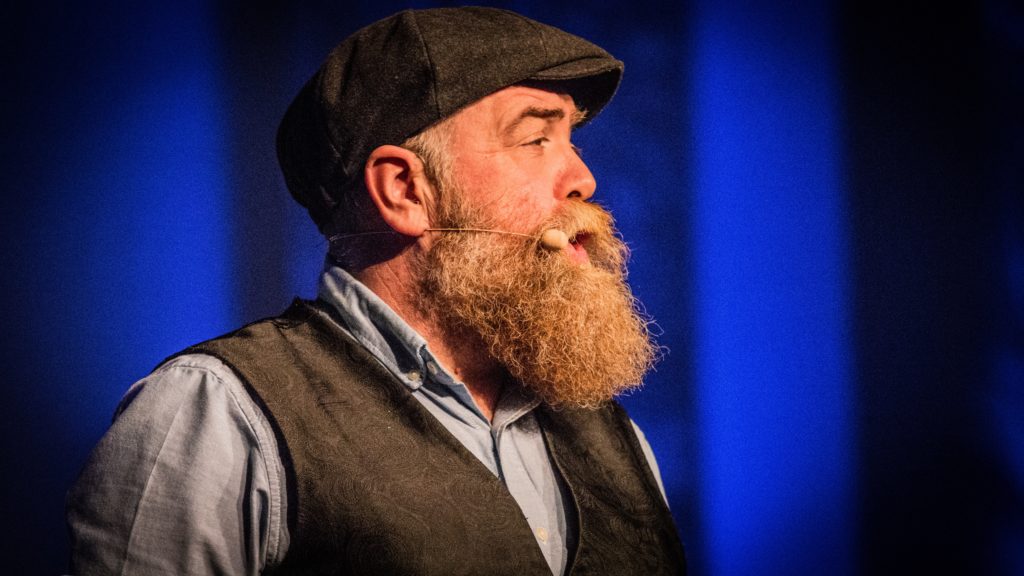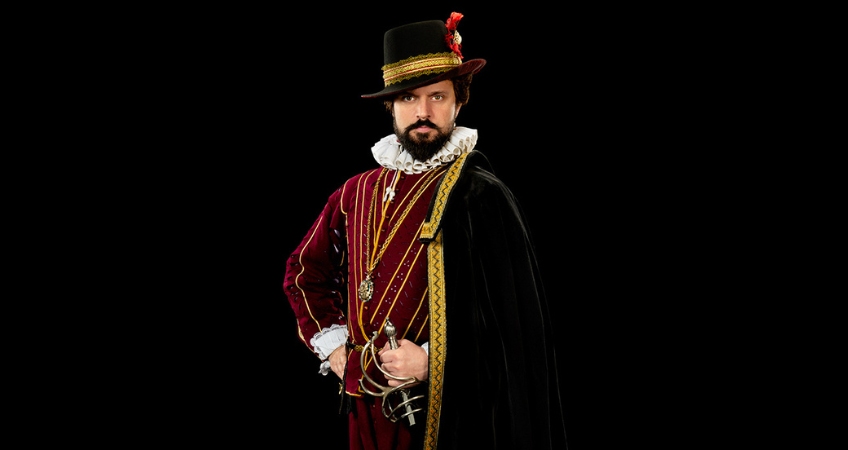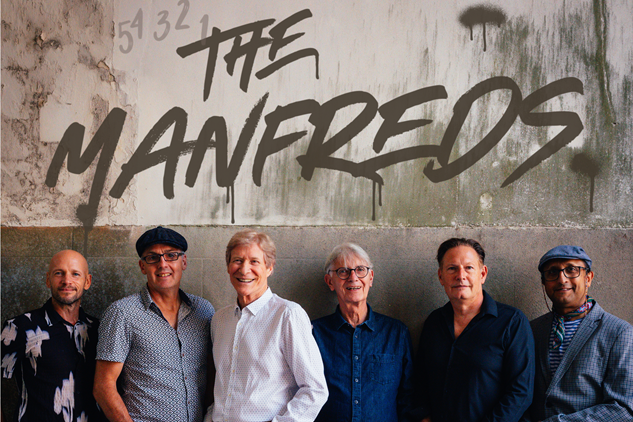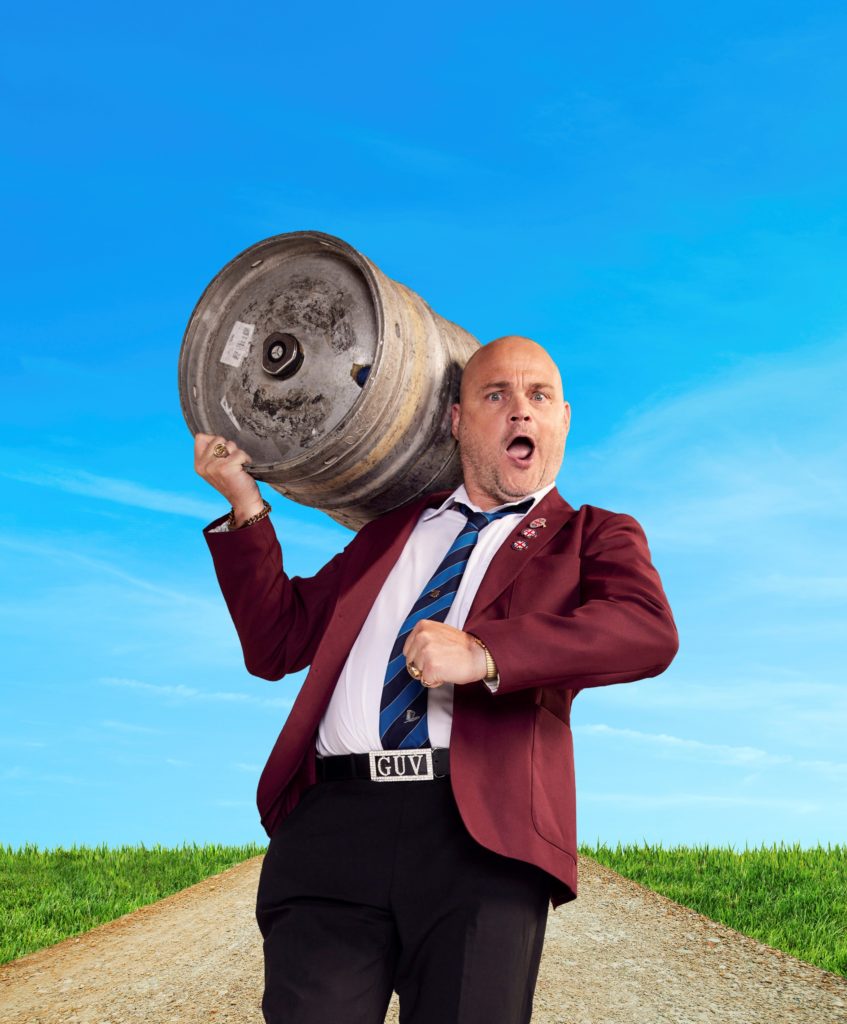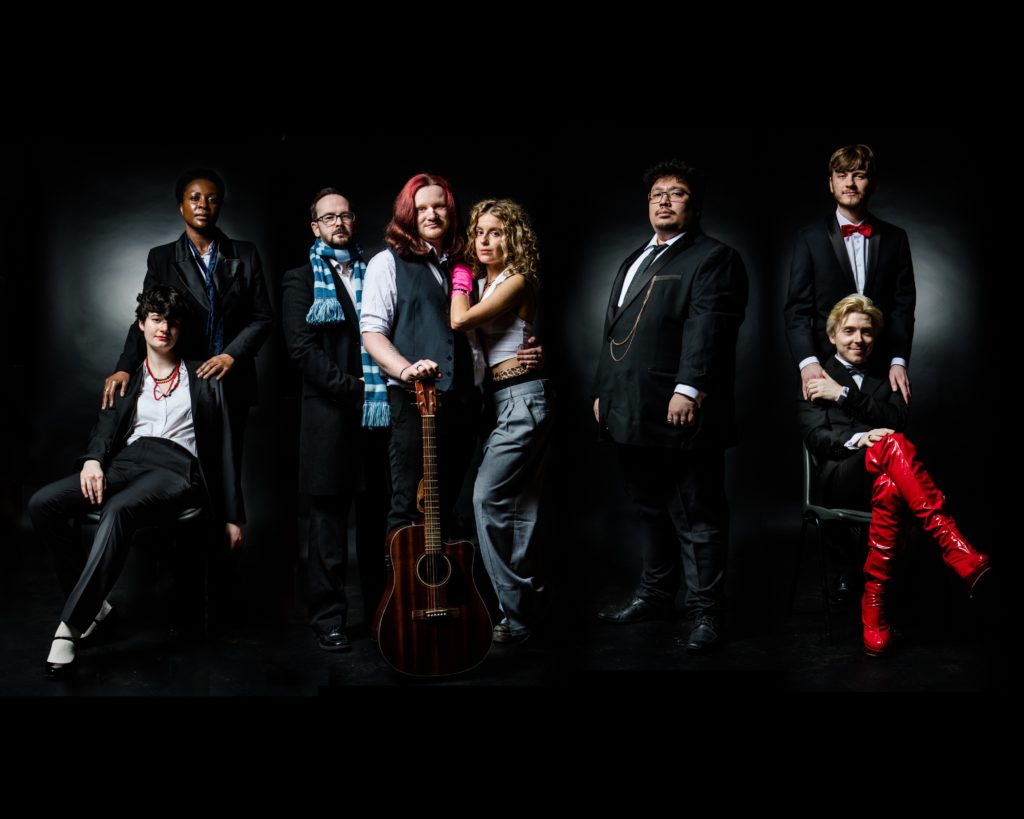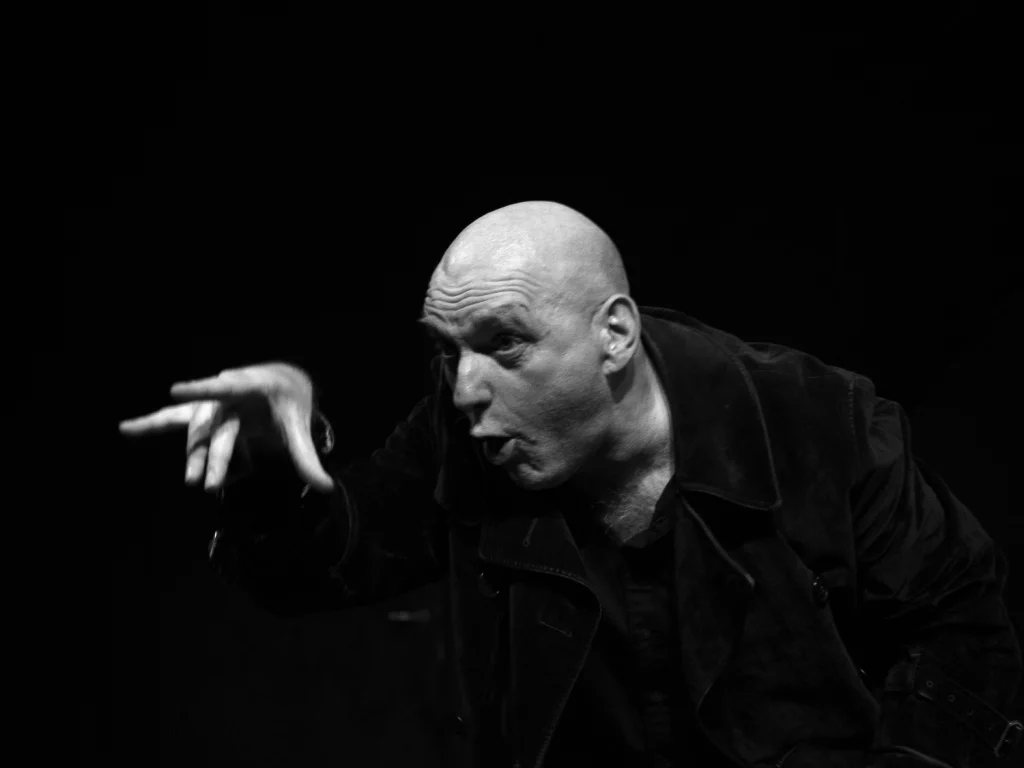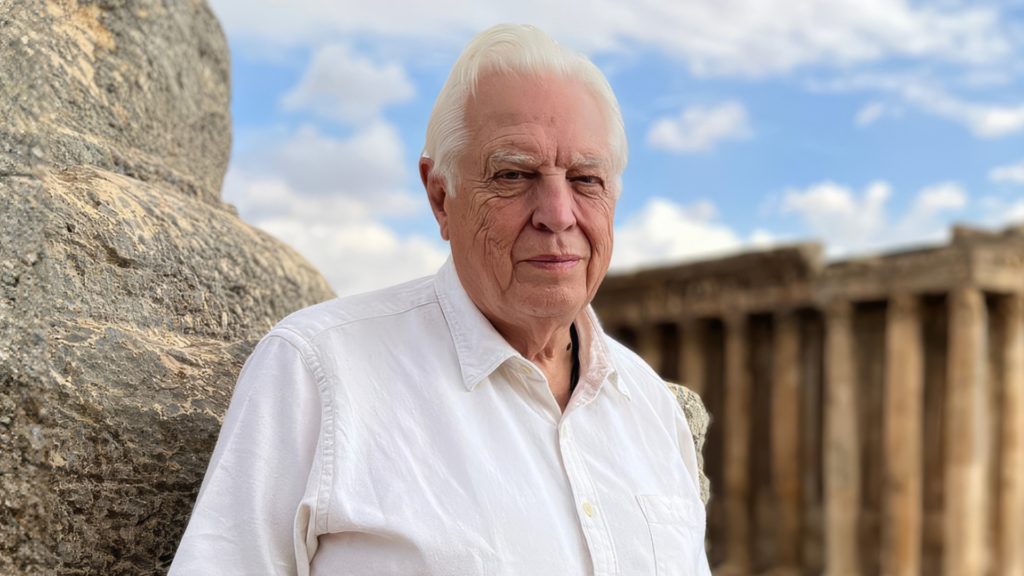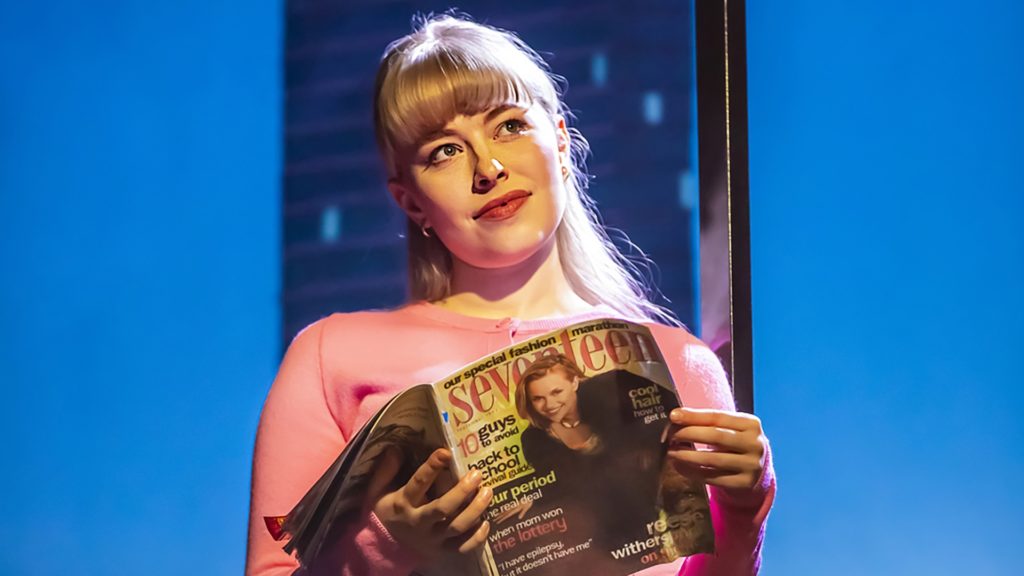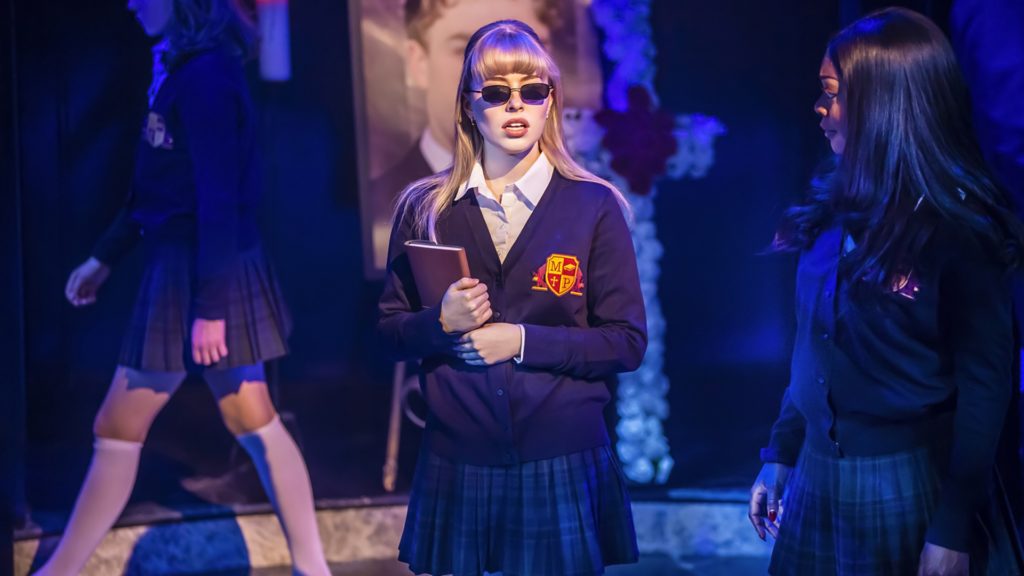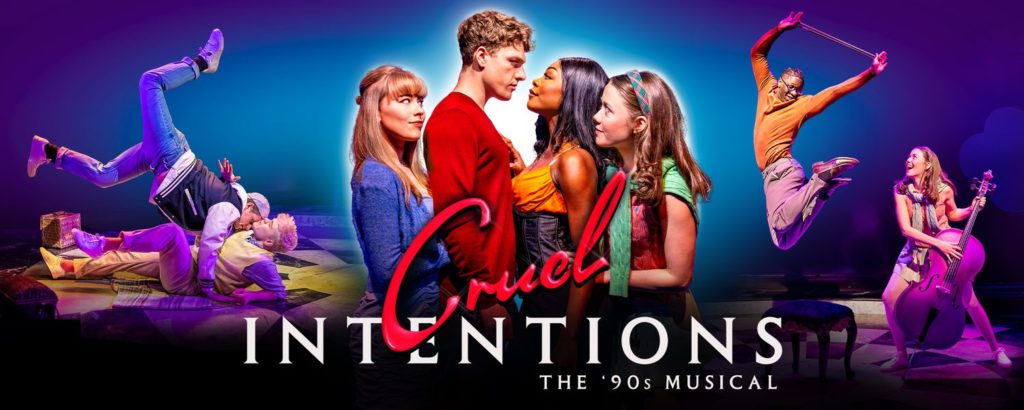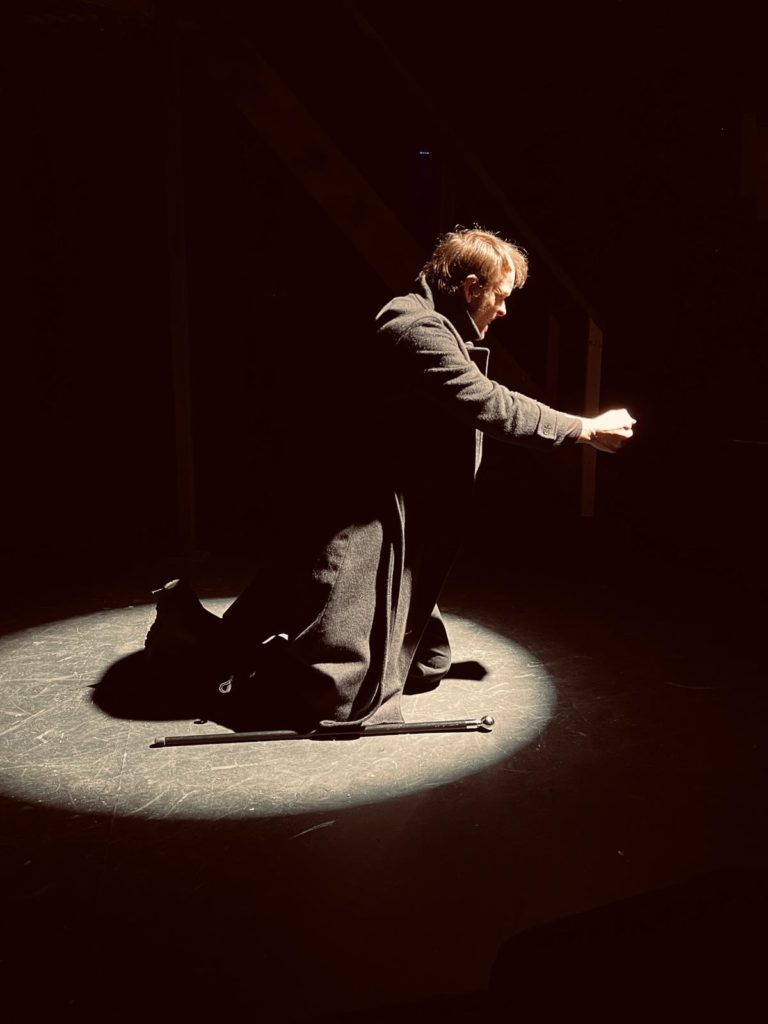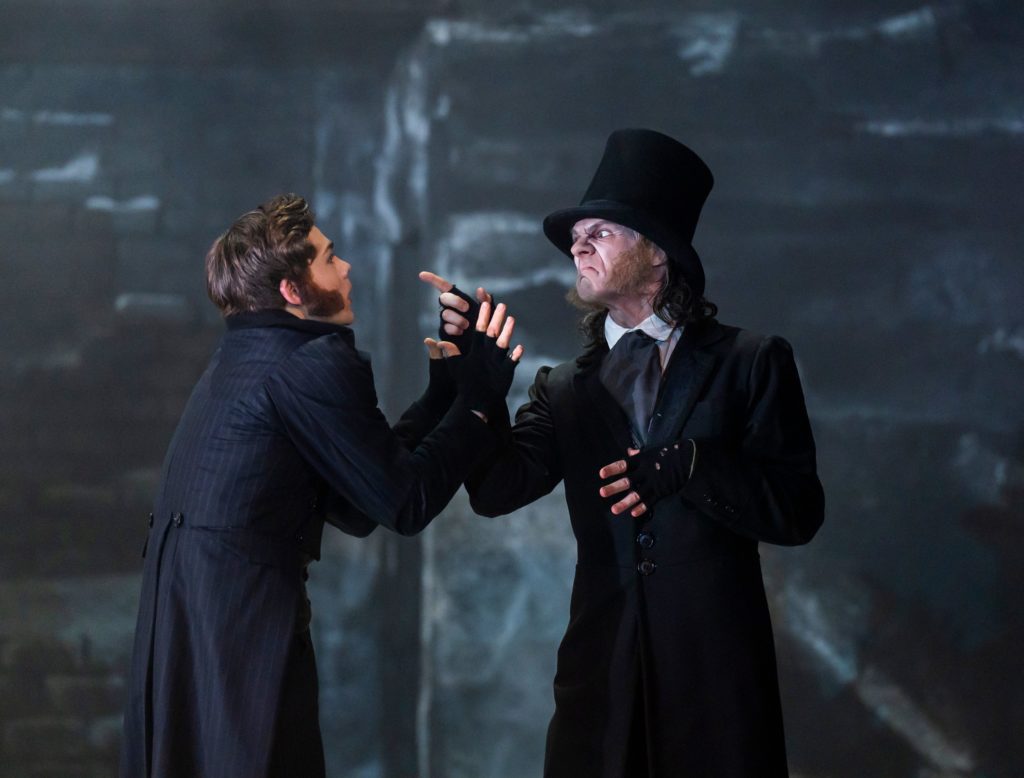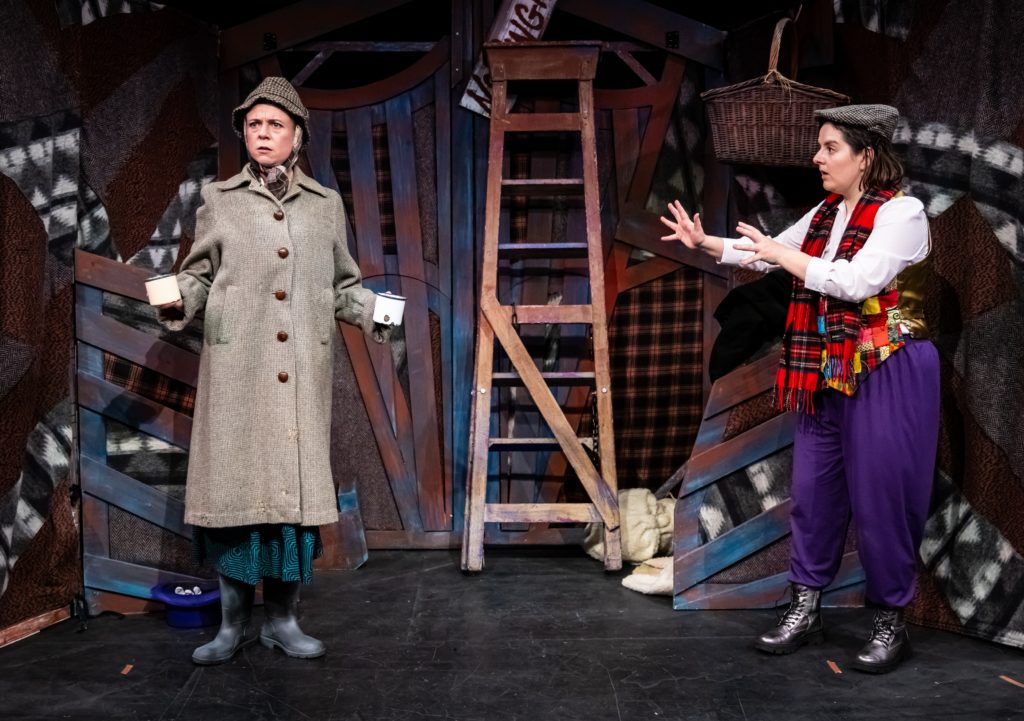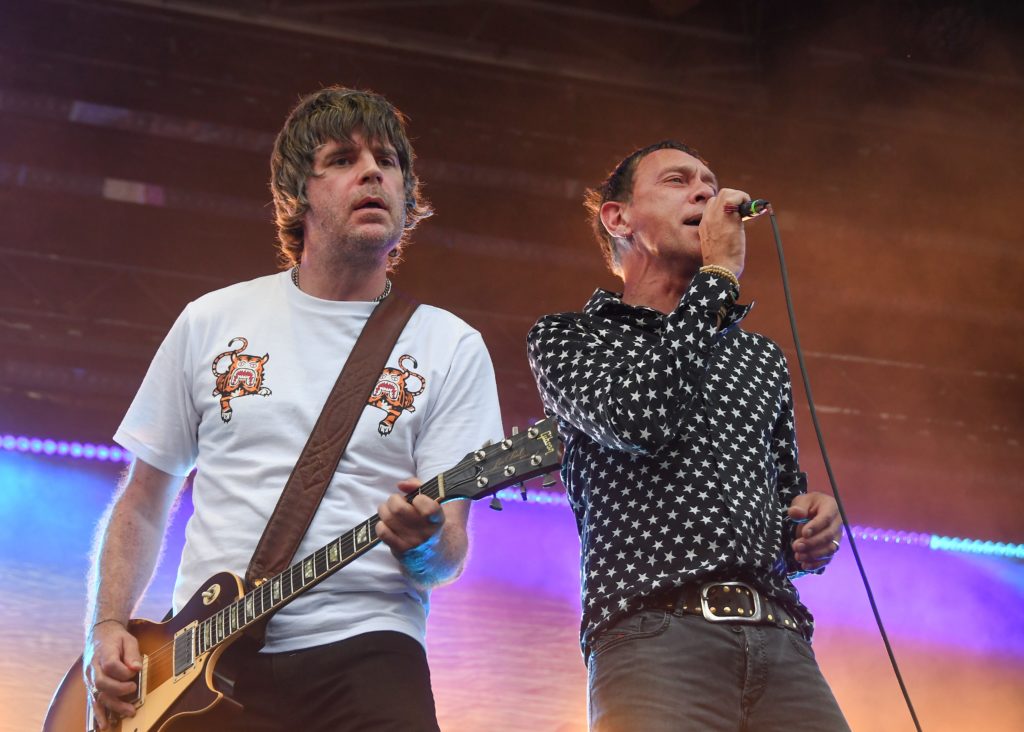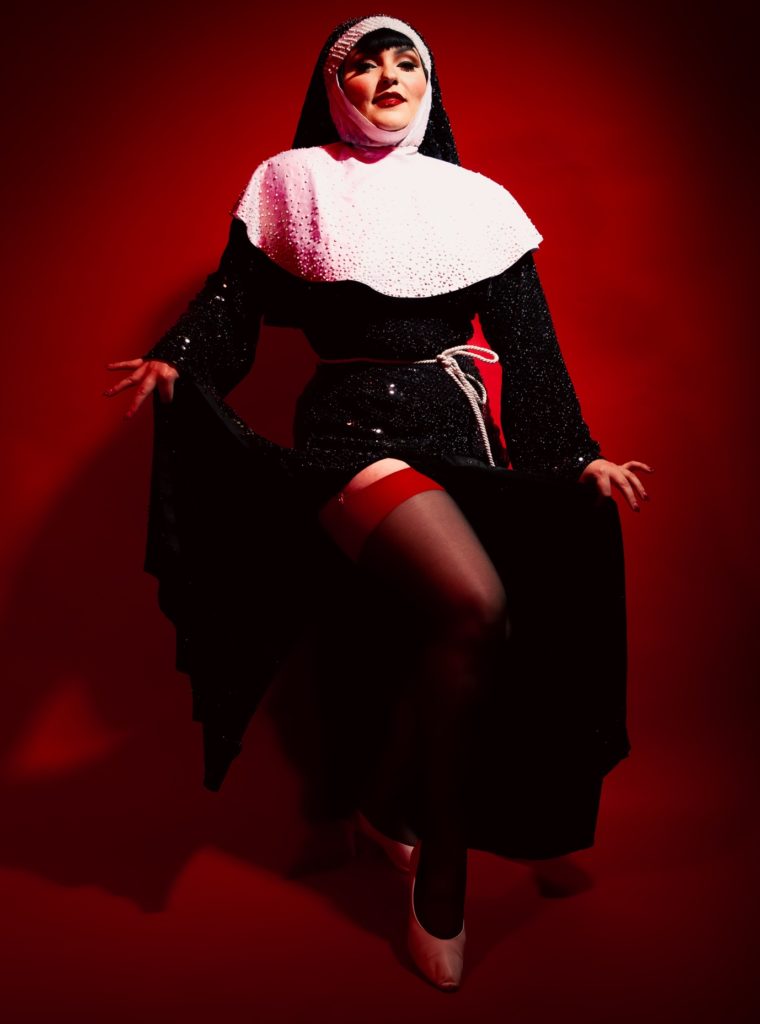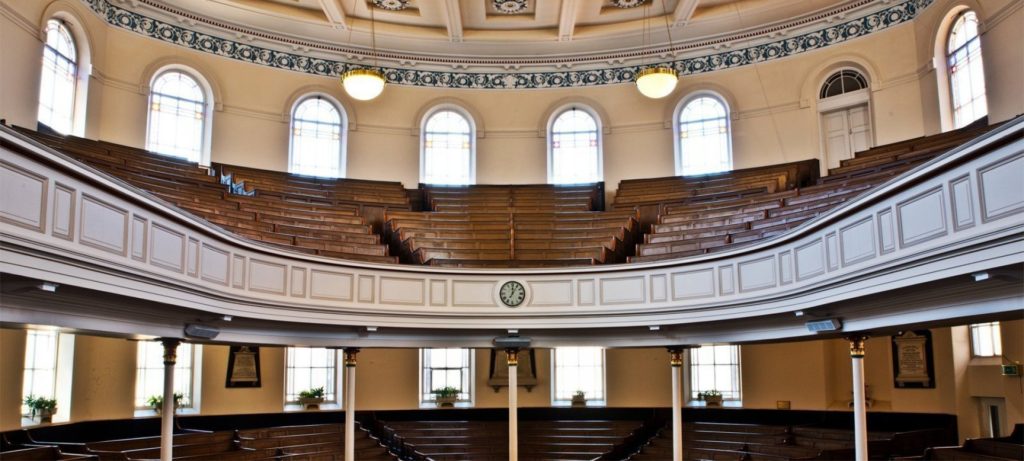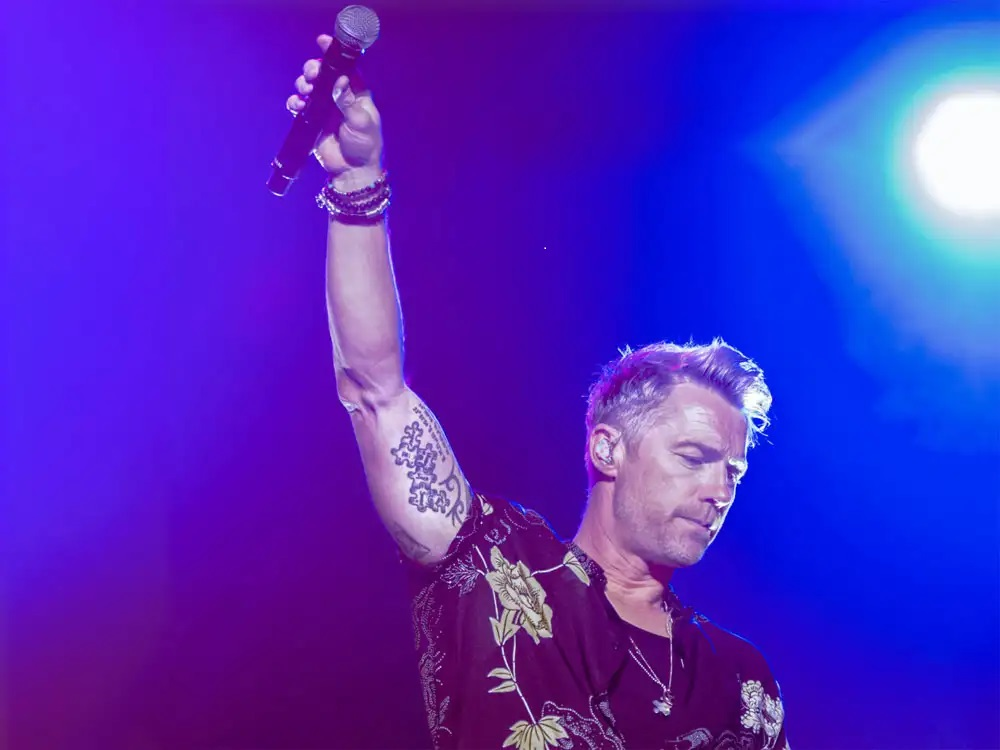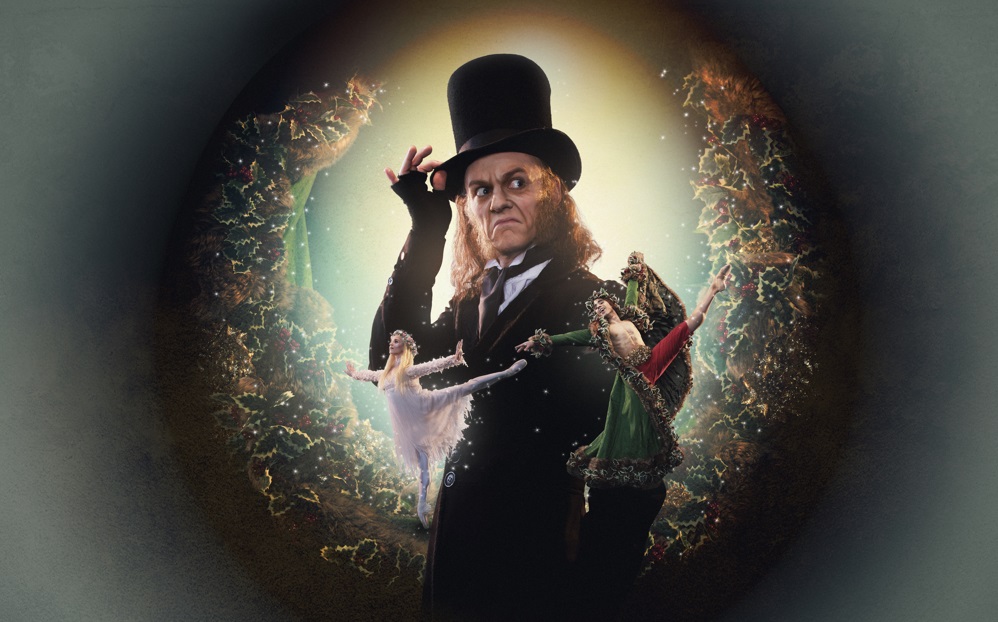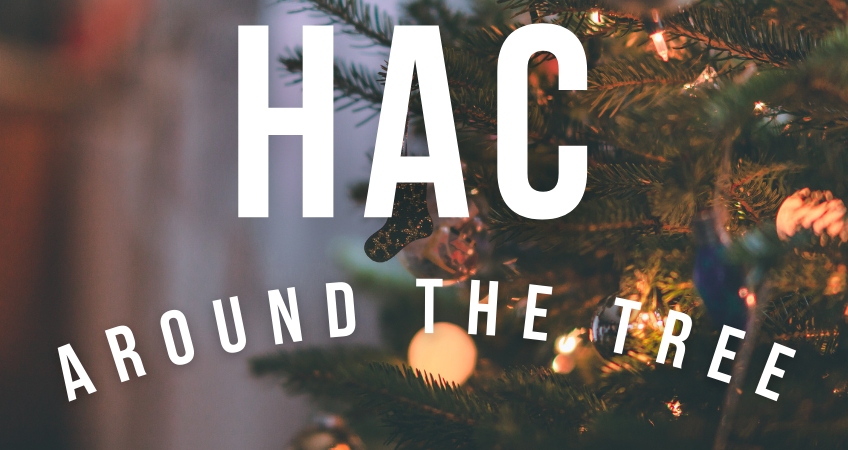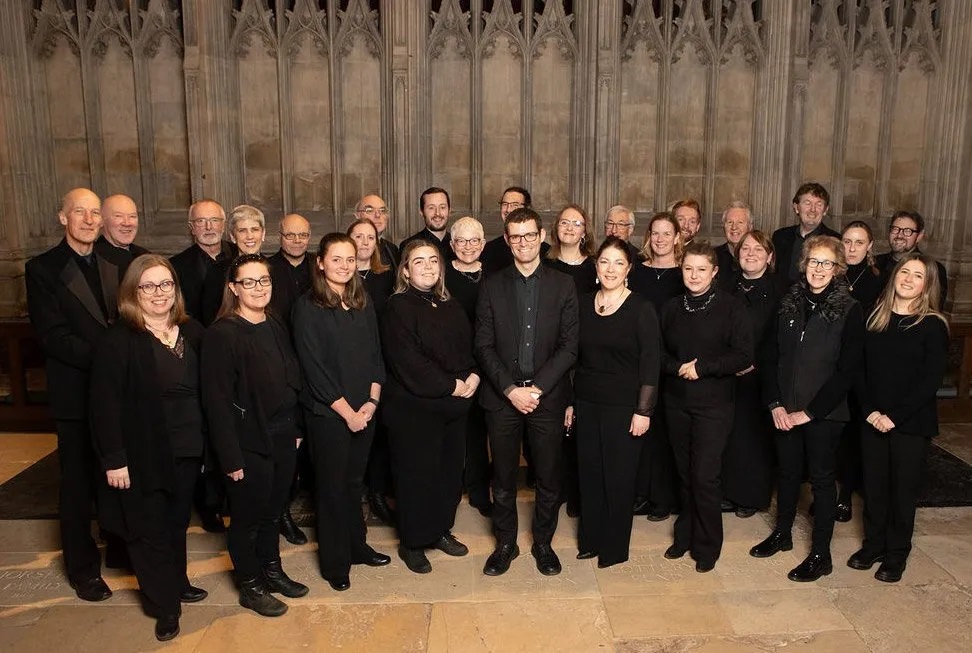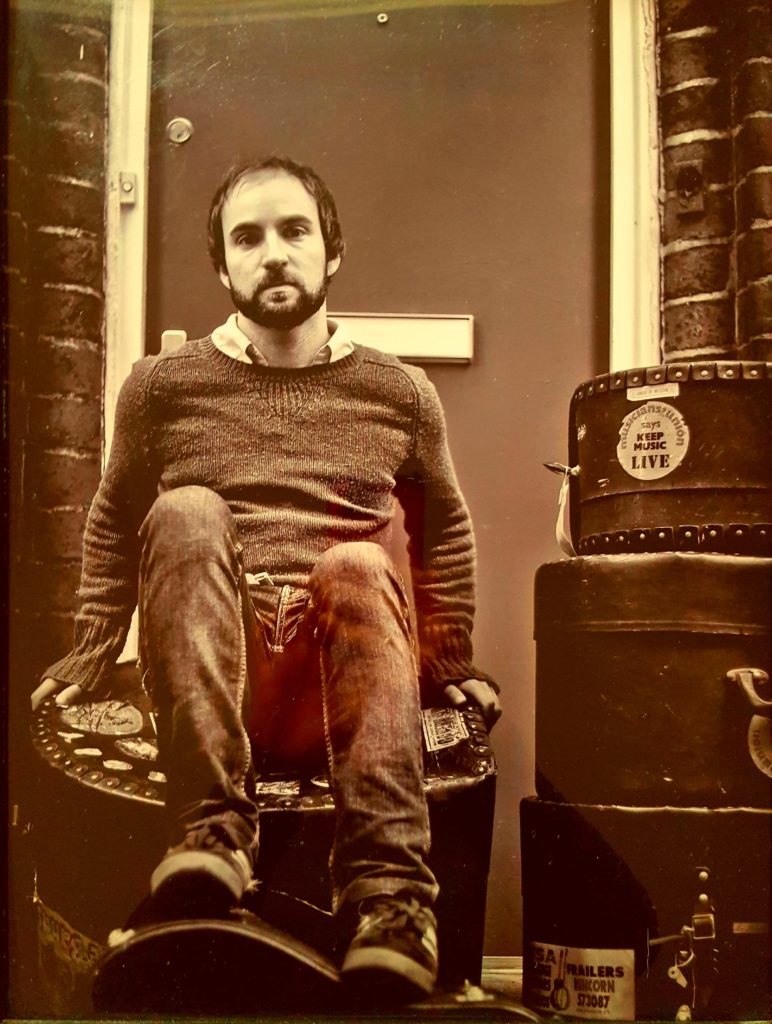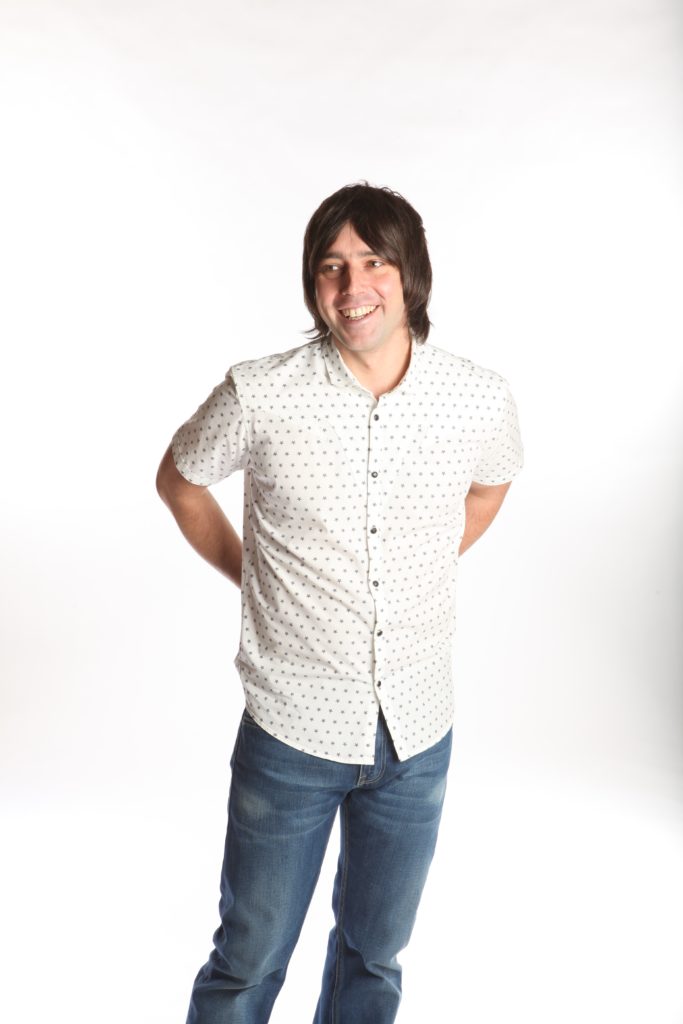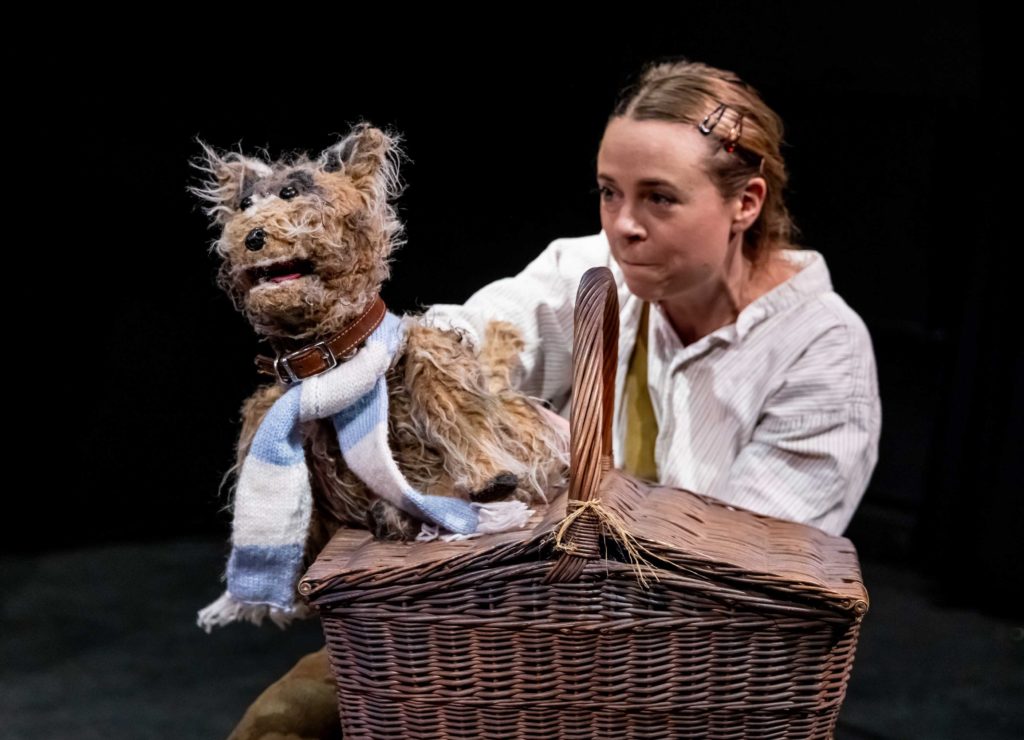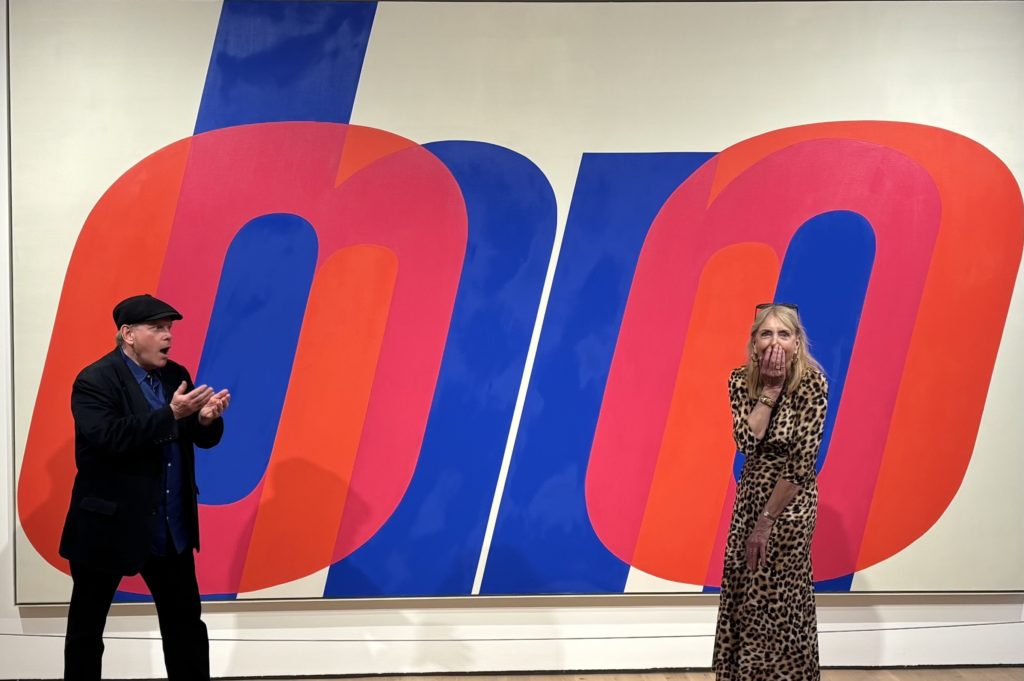
Oh No! Have we missed Harland Miller’s XXX exhibition of Letter Paintings at York Art Gallery? No, this weekend is the last chance
HARLAND Miller’s XXX finale and Fangfest’s 25th anniversary, a comic convention and a cosmic piano are among Charles Hutchinson’s recommendations as August makes way for September.
Do not miss: Harland Miller, XXX, York Art Gallery, ends on Sunday, open daily 10am to 5pm
THIS weekend is the last chance to see York-raised Pop artist and writer Harland Miller’s return to York Art Gallery with XXX, showcasing paintings and works on paper from his Letter Paintings series, including several new paintings, not least ‘York’, a floral nod to Yorkshire’s white rose and York’s daffodils.
Inspired by his upbringing in 1970s’ Yorkshire and an itinerant lifestyle in New York, New Orleans, Berlin and Paris during the 1980s and 1990s, Miller creates colourful and graphically vernacular works that convey his love of popular language and attest to his enduring engagement with its narrative, aural and typographical possibilities. Tickets: yorkartgallery.org.uk.
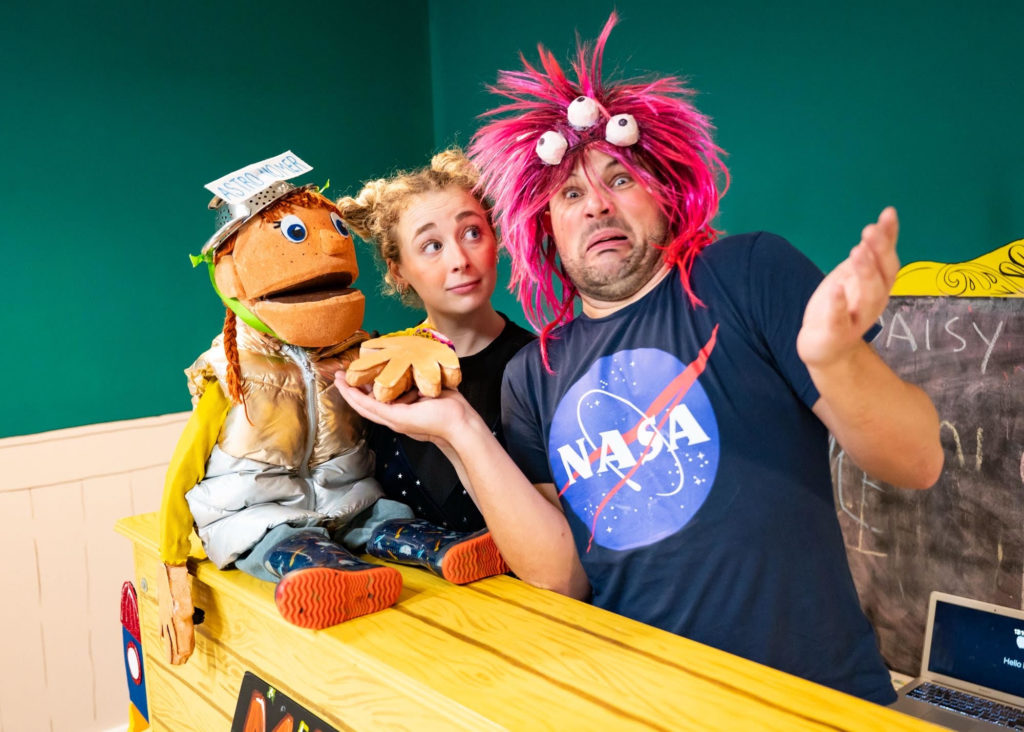
Fladam’s Flo Poskitt and Adam Sowter: Premiering their shiny new musical comedy, Astro-Norma!, at York Explore today
Intergalactic musical family adventure of the week: Fladam Theatre in Astro-Norma And The Cosmic Piano, York Explore Library and Archive, Library Square, York, today, 11am and 2pm
FROM the creators of Green Fingers and the spooky HallowBean comes Astro-Norma And The Cosmic Piano, wherein Norma dreams of going into space, like her heroes Mae Jemison and Neil Armstrong, although children can’t go into space, can they? Especially children with a very important piano recital coming up.
But what bizarre-looking contraption has just crash-landed in the garden? Is it a bird? Or a plane? No… it’s a piano?! No ordinary piano. This is a cosmic piano! Maybe Norma’s dreams can come true? Join Fladam duo Flo Poskitt and Adam Sowter for a 45-minute show full of awesome aliens, rib-tickling robots and interplanetary puns. Box office: tickettailor.com/events/exploreyorklibrariesandarchives.
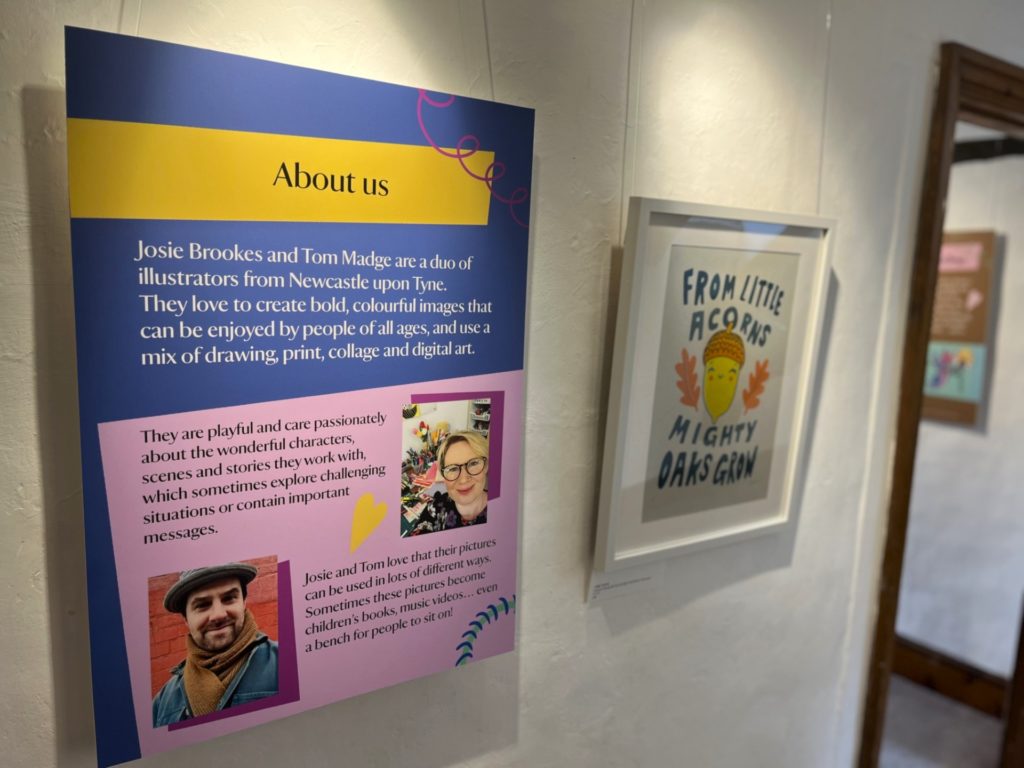
You, Me And Who We’ll Be: Josie Brookes and Tom Madge’s exhibition at Nunnington Hall
Children’s exhibition of the week: Josie Brookes and Tom Madge, You, Me And Who We’ll Be, Nunnington Hall, near York, until September 7
ENTER the colourful worlds of children’s illustrators Josie Brookes and Tom Madge. Through bold, eye-catching artwork, the Newcastle-upon-Tyne duo creates stories that explore the many ways we can help and understand each other, make friends and build relationships.
Discover your own helpful superpower in the Big Small Nature Club or join best friends Nader and Solomiya on a journey to find home. A dress-up station lets you share in the adventures of Molly the Flower. Before you go, help the story grow by adding your own artwork to the interactive gallery. Tickets: Normal admission charges at nationaltrust.org.uk/visit/yorkshire/nunnington-hall/exhibitions.

York Unleashed Comic-Con: Special guests, stage talks, cosplay masquerade, attractions and merchandise market at York Racecourse
Convention of the week: York Unleashed Comic-Con, York Racecourse, Knavesmire, York, Sunday, 11am to 5pm
UNLEASHED Events welcomes Tom Rosenthal, Tim Blaney, Peter Davison, Phil Fletcher and special guest Atticus Finch Wobbly Cat to a comic convention featuring stage talks, cosplay masquerade and plenty more.
Comic artists and authors Jim Alexander, Elinor Taylor, Blake Books, Jessica Meats, Paolo Debernardi and Ben Sawyer are appearing too. Attractions include Doctor Bell, Bumblebee Camaro, Johnny 5, Milestone 3D, Imagination Gaming, Battle Ready Academy, Mos Eisley Misfits, Tom Daws Dimple Magician, Rexys Reviews and Iconic Movie Scenes, plus a market selling merchandise and collectables from favourite franchises. Tickets: unleashedtickets.co.uk.
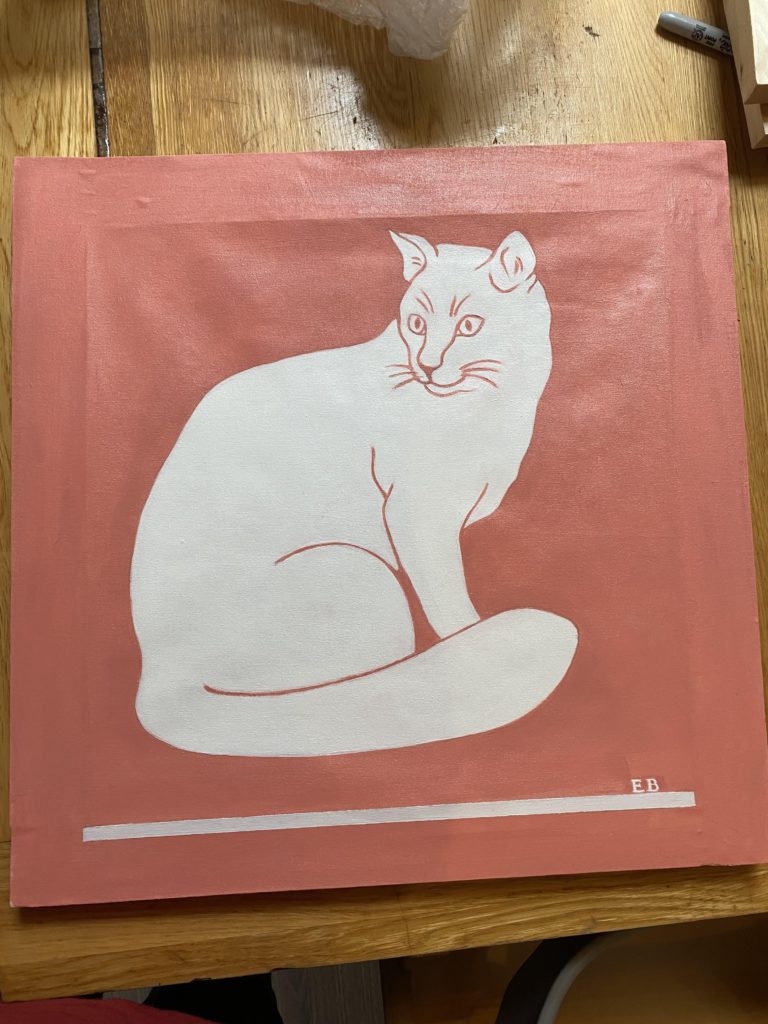
SmART art: One of 100 artworks for sale at the pop-up SmART Gallery at York Racecourse
Art event of the week: SmART Gallery, Racecourse Road, York, YO23 1EU, Sunday, 11am to 2.30pm
SUNDAY’S outdoor, inclusive community art gallery, SmART Gallery, will raise money for the Christmas appeal run by Crisis, the homeless charity, and voluntary work in Sierra Leone next Easter.
The event features more than 100 pieces of art work produced by the York community. Blank canvases are sold for £10, then returned once the art work has been created in any medium. Browsers can submit a secret bid on the day for anything they would like to buy. Any unsold artwork will remain on the fence opposite York Racecourse’s main entrance for five months for all to enjoy.
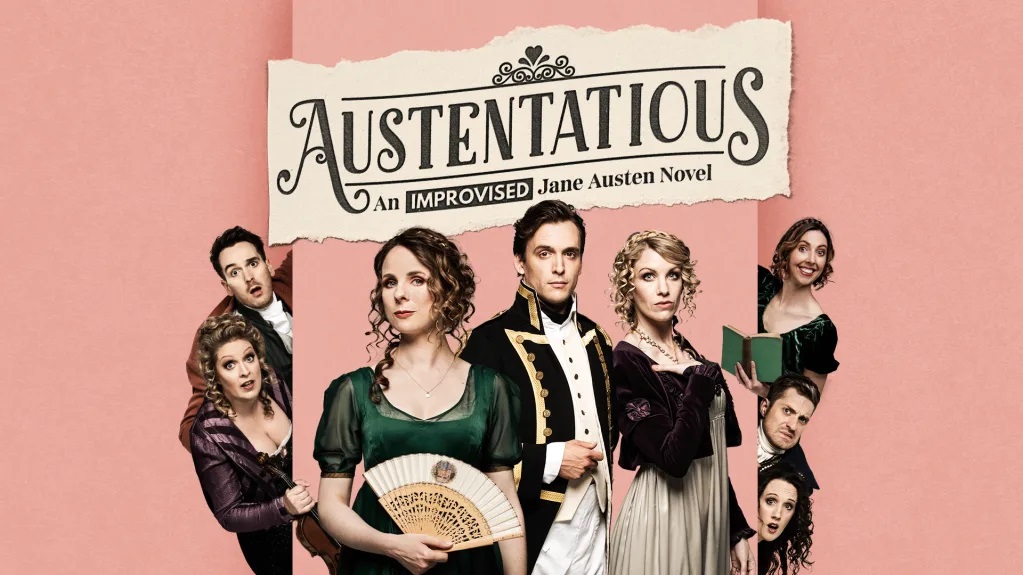
Austentatious: Improvising new Jane Austen novel from audience suggestions at Grand Opera House, York
Improv show of the week: Show And Tell present Austentatious: An Improvised Jane Austen Novel, Grand Opera House, York, September 5 and 6, 7.30pm
AS seen every week in the West End since 2022 and in York in a sold-out show in January, the all-star Austentatious cast will improvise a new Jane Austen novel, inspired entirely by a title from the audience. Performed in period costume with live musical accompaniment, this riotous, quick-moving comedy comes with guaranteed swooning.
The revolving Austentatious cast includes numerous award-winning television and radio performers, such as Cariad Lloyd (QI, Inside No.9, Griefcast, The Witchfinder),Joseph Morpurgo (Edinburgh Comedy Award nominee), Rachel Parris (The Mash Report), Graham Dickson (After Life, The Witchfinder) and more. Box office: atgtickets.com/york.
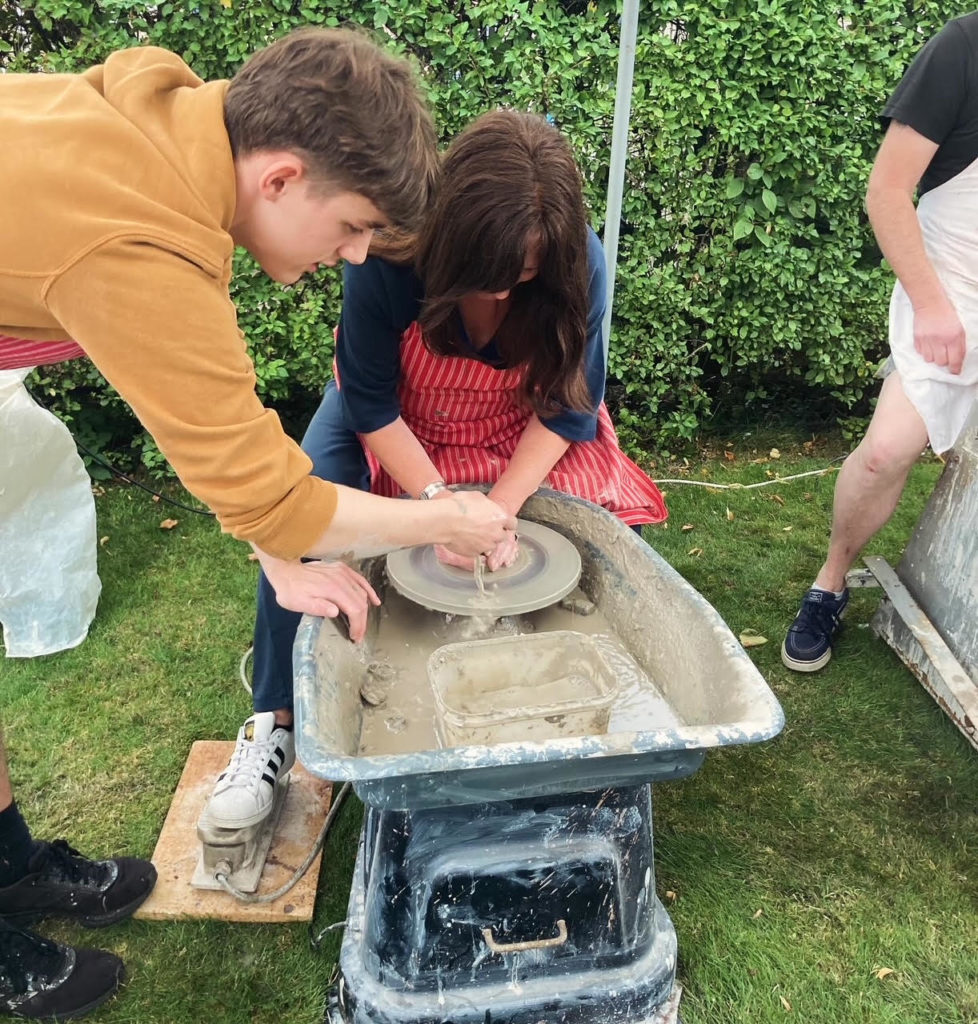
Pottery workshop at 25th anniversary Fangest Festival of Practical Arts in Fangfoss
Silver anniversary of the week: Fangfest Festival of Practical Arts, Fangfoss, East Riding, September 6 and 7, 10am to 4pm each day
FANGFOSS is celebrating the 25th anniversary of Fangfest with the All Things Silver flower festival; veteran cars; archery; the Stamford Bridge Heritage Society; music on the village green; children’s games; the Teddy Bear Trail and artists aplenty exhibiting and demonstrating their work.
Opportunities will be provided to try out the potter’s wheel, spoon carving and chocolate making. Some drop-in activities are free; more intensive workshops require booking in advance. Look out too for the circus skills of children’s entertainer John Cossham, alias Professor Fiddlesticks, and the Pocklington and District Heritage Trust mobile museum. Admission is free.
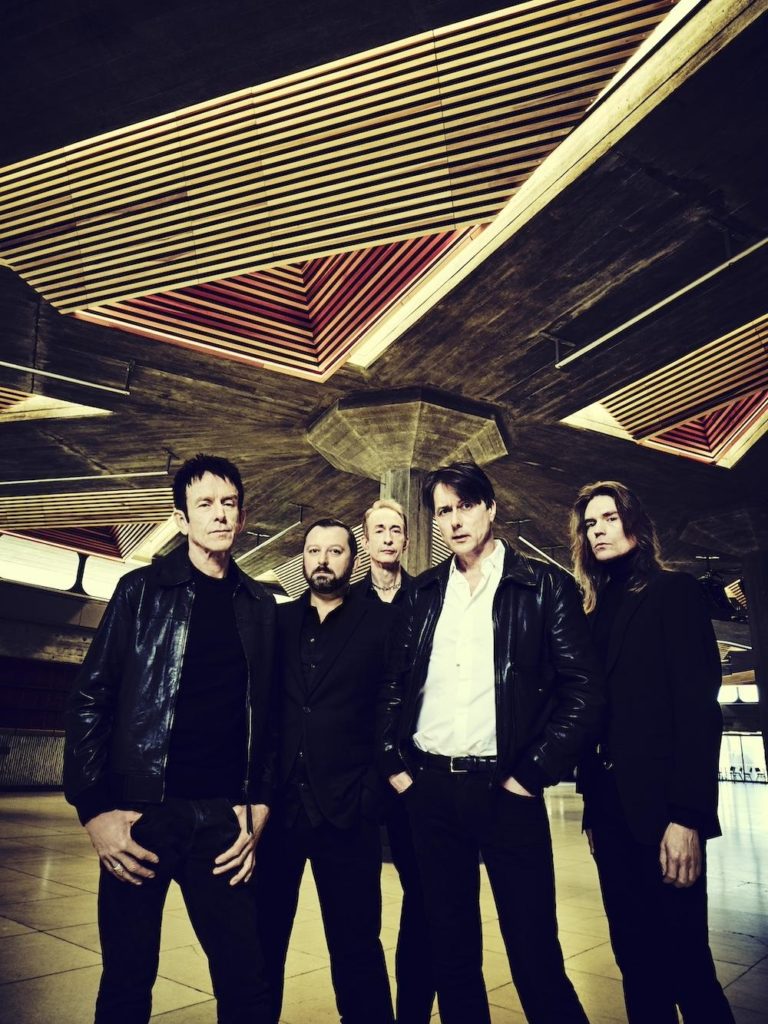
Suede: Returning to York Barbican next February on Antidepressants tour. Picture: Dean Chalkley
Show announcement of the week: Suede, Antidepressants UK Tour 2026, York Barbican, February 7 2026
AFTER playing York Barbican for the first time in more than 25 years in March 2023, Suede will make a rather hastier return on their 17-date January and February tour. Brett Anderson’s London band will be promoting tenth studio album Antidepressants, out on September 5 on BMG.
“If [2022’s] Autofiction was our punk record, Antidepressants is our post-punk record,” says Anderson. “It’s about the tensions of modern life, the paranoia, the anxiety, the neurosis. We are all striving for connection in a disconnected world. This was the feel I wanted the songs to have. This is broken music for broken people.” Box office: York, yorkbarbican.co.uk/whats-on/suede26.
REVIEW: National Theatre in War Horse, Leeds Grand Theatre, until Sept 6 *****
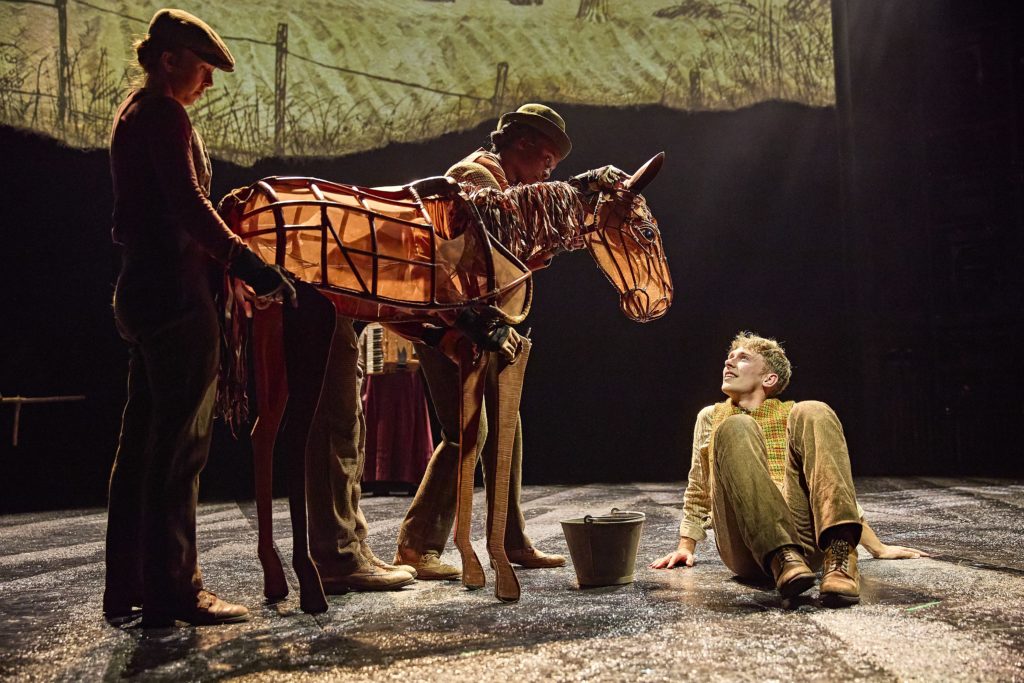
ELEVEN years since first encountering the National Theatre’s remarkable War Horse at the Alhambra, Bradford, a return visit brought out all the awe, wonderment and anger anew at Leeds Grand Theatre amid the turbulence of 21st century conflicts, conflagrations and ever more warmongering.
Michael Morpurgo’s source novel was ostensibly a tale for children, as was Michelle Magorian’s Second World War story Goodnight Mister Tom, but Marianne Elliott and Tom Morris’s theatrical tour de force is a show for everyone.
The most successful play in the history of the National Theatre, collecting more than 25 awards and playing to 8.3 million people worldwide, War Horse is a complete piece of theatre, replete with technical aplomb, extraordinary puppetry, grand design and foundation-shaking sound to complement Nick Stafford’s beautiful, powerful storytelling.
For all those theatrical tools, the story is king, told with imagination and wonder beyond even the cinematic scope of Steven Spielberg’s 2011 film version.
More remarkable still, Morpurgo’s central character is a horse, whose journey is charted from Devon farm to the fields of the Somme, in the service of first the British and then the Germans in the First World War.
Directors Elliott and Morris and designer Rae Smith had the original vision, put into flesh by South Africa’s Handspring Puppet Company’s Adrian Kohler. Not so much flesh as leather tack and a wooden see-through framework that exposed the three puppeteers, gloved and dressed to add to the sense of equine power in life-sized Joey, whose transformation from colt to magnificent beast is a coup de theatre that takes the breath away.
From the highly physical ensemble acting of revival director Katie Henry’s cast to the deafening sounds of war (by sound designer Christopher Shutt) and the omnipresent animation and projection designs of Nicol Scott and Ben Pearcy that depict war so devastatingly, every last detail counts. Anne Marie Piazza’s singing of John Tams’s affecting folk songs is even more haunting for its female interpretation.
At the core is the bond of a boy and his horse, Tom Sturgess’s stoical farm boy Albert Narracott and noble Joey, as boy becomes man all too young in the most brutal passage of rights in the trenches. War divides but it also unites, bringing out the best and worst on all sides (as Morpurgo’s equal focus on the Germans emphasises).
Co-produced with Michael Harrison, Fiery Angel and Playing Field, this “all-new tour” for 2024-2025 is a triumph once more. The National Theatre and British theatre at their best.
National Theatre in War Horse, Leeds Grand Theatre, until September 6, 7.30pm and 2.30pm Wednesday and Saturday matinees. Box office: 0113 243 0808 or leedsheritagetheatres.com.

